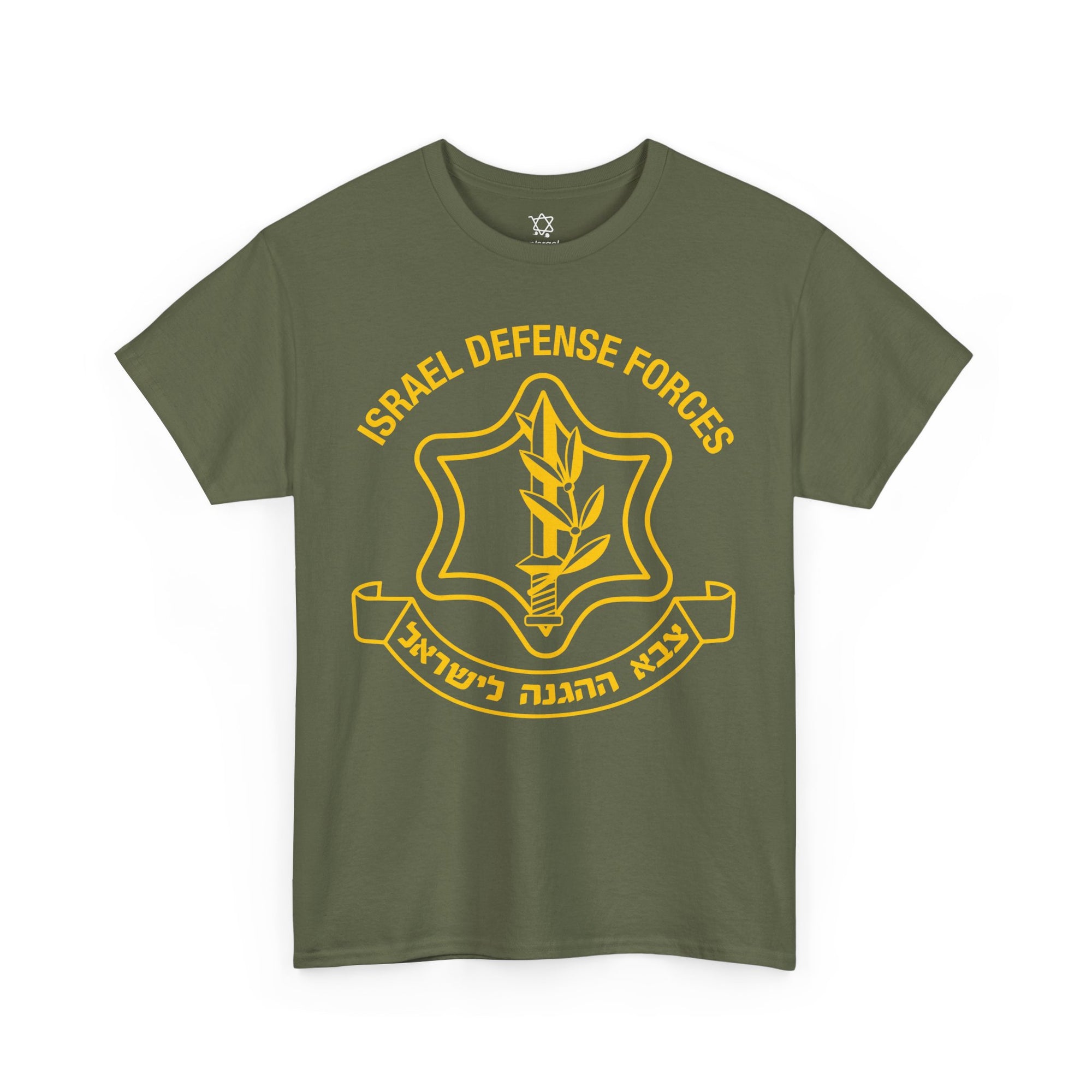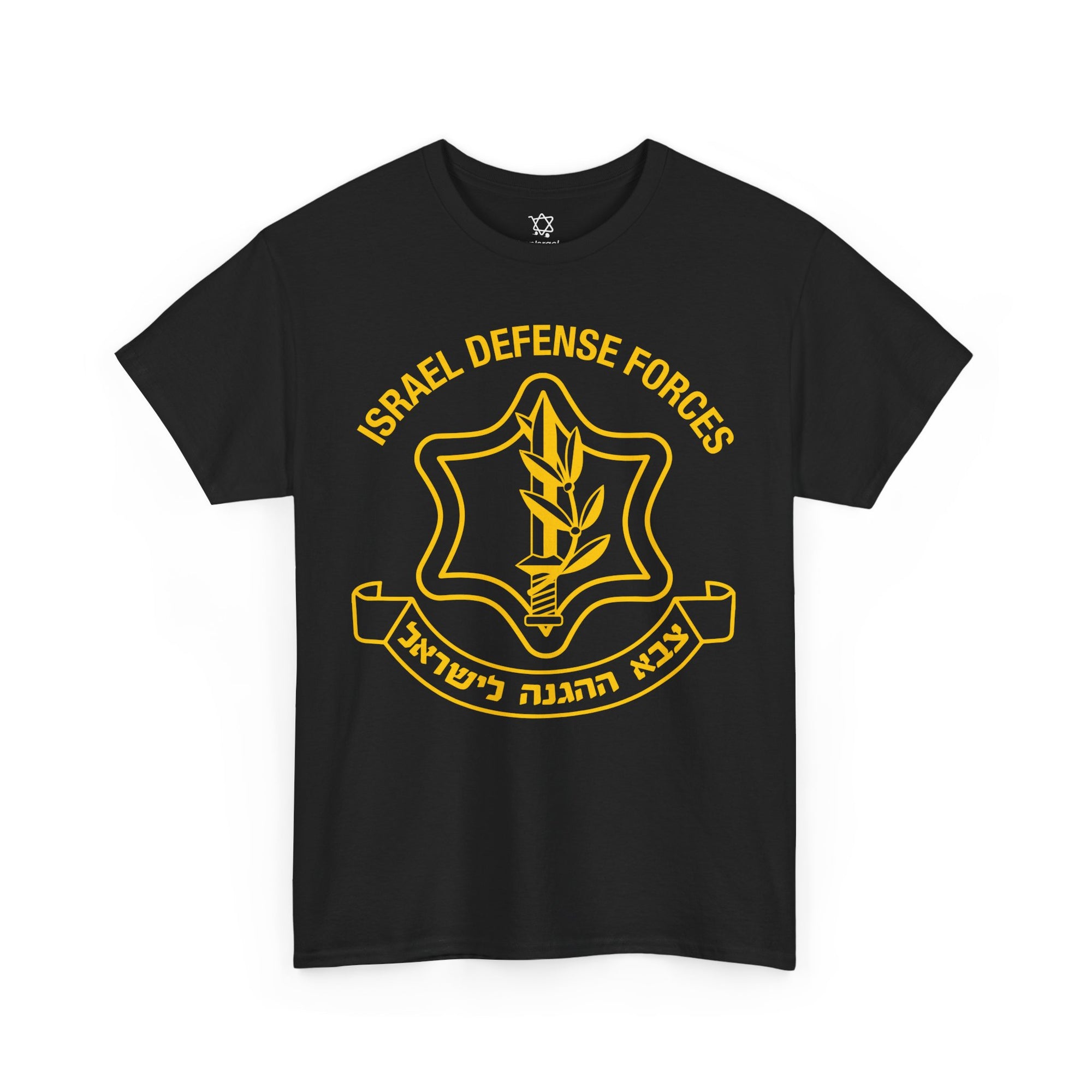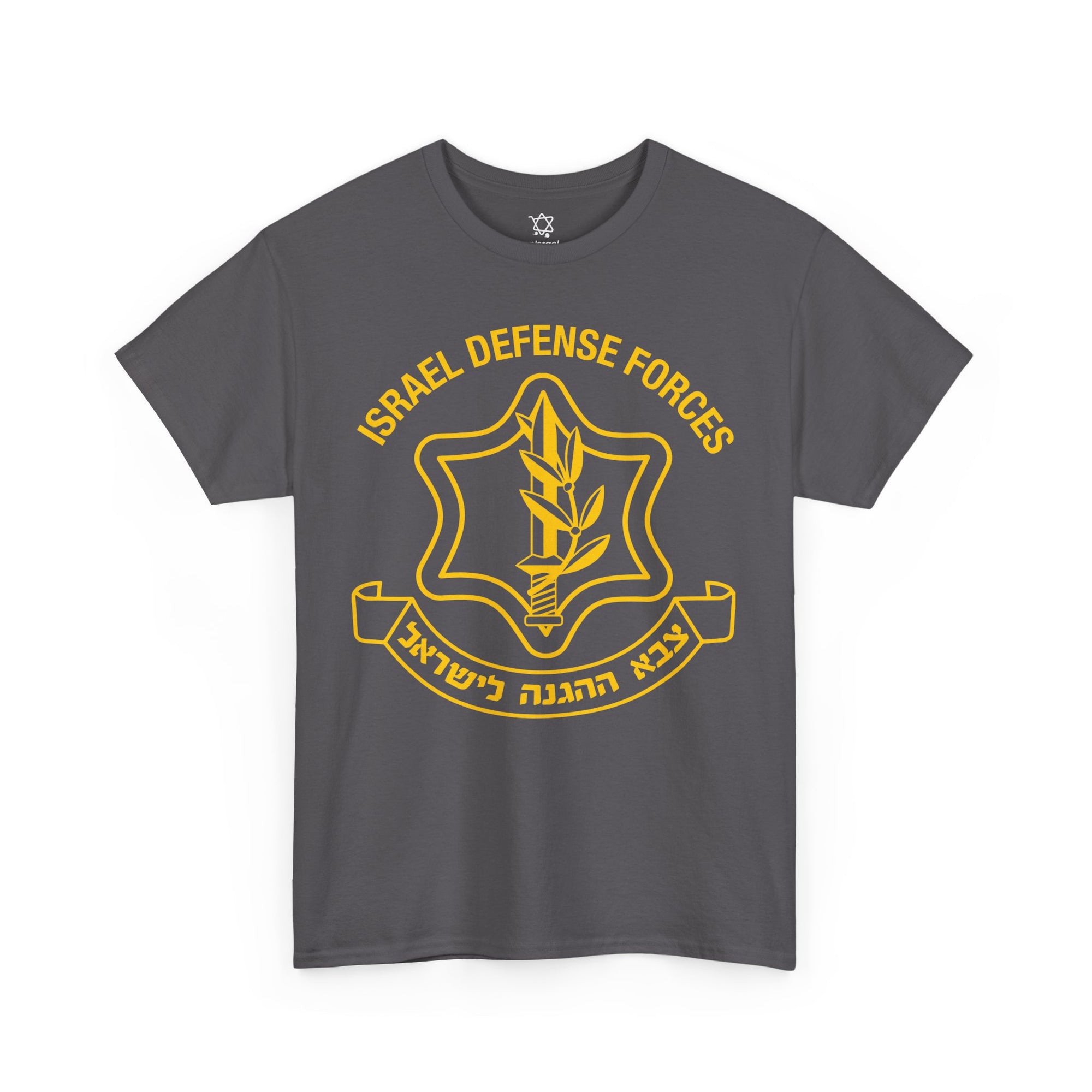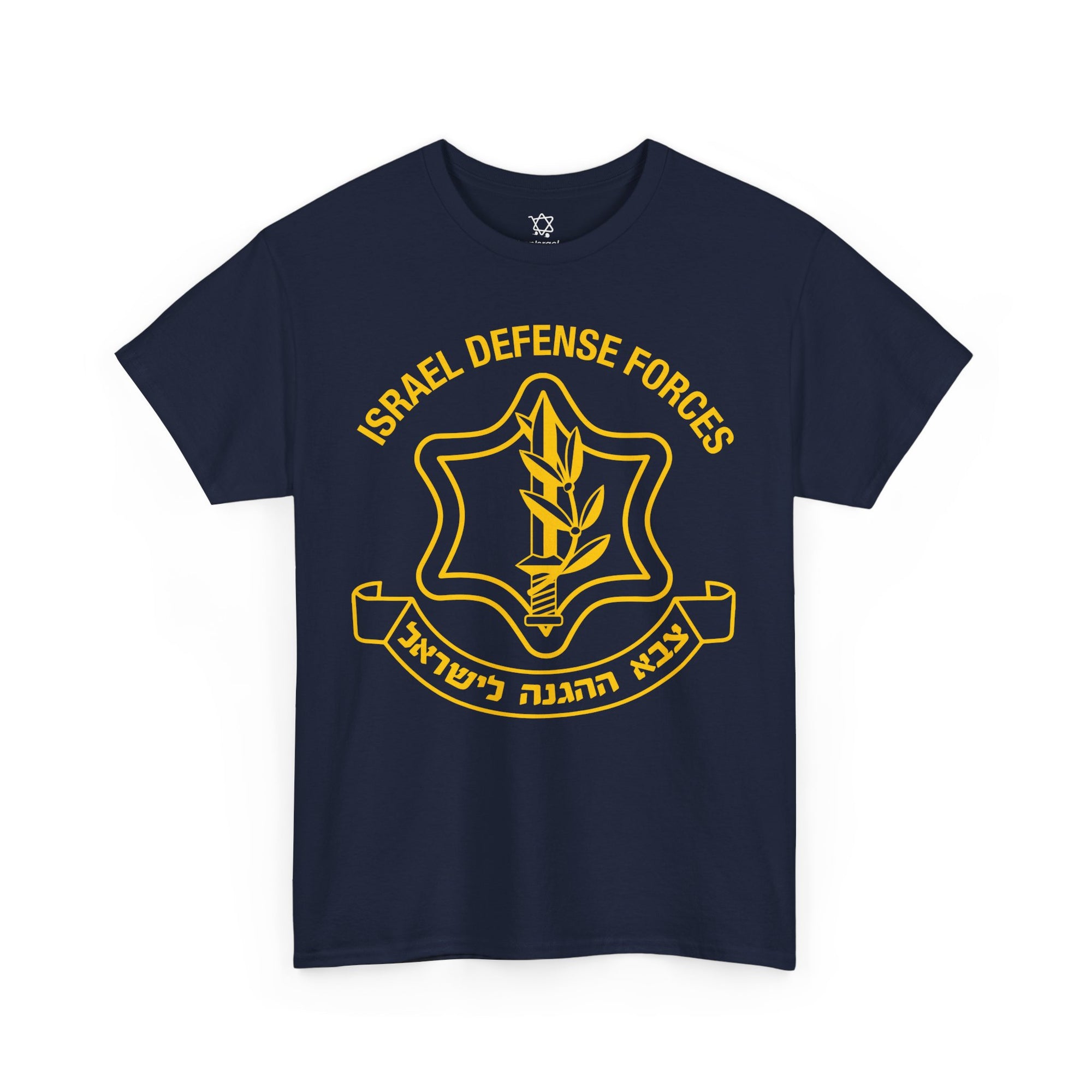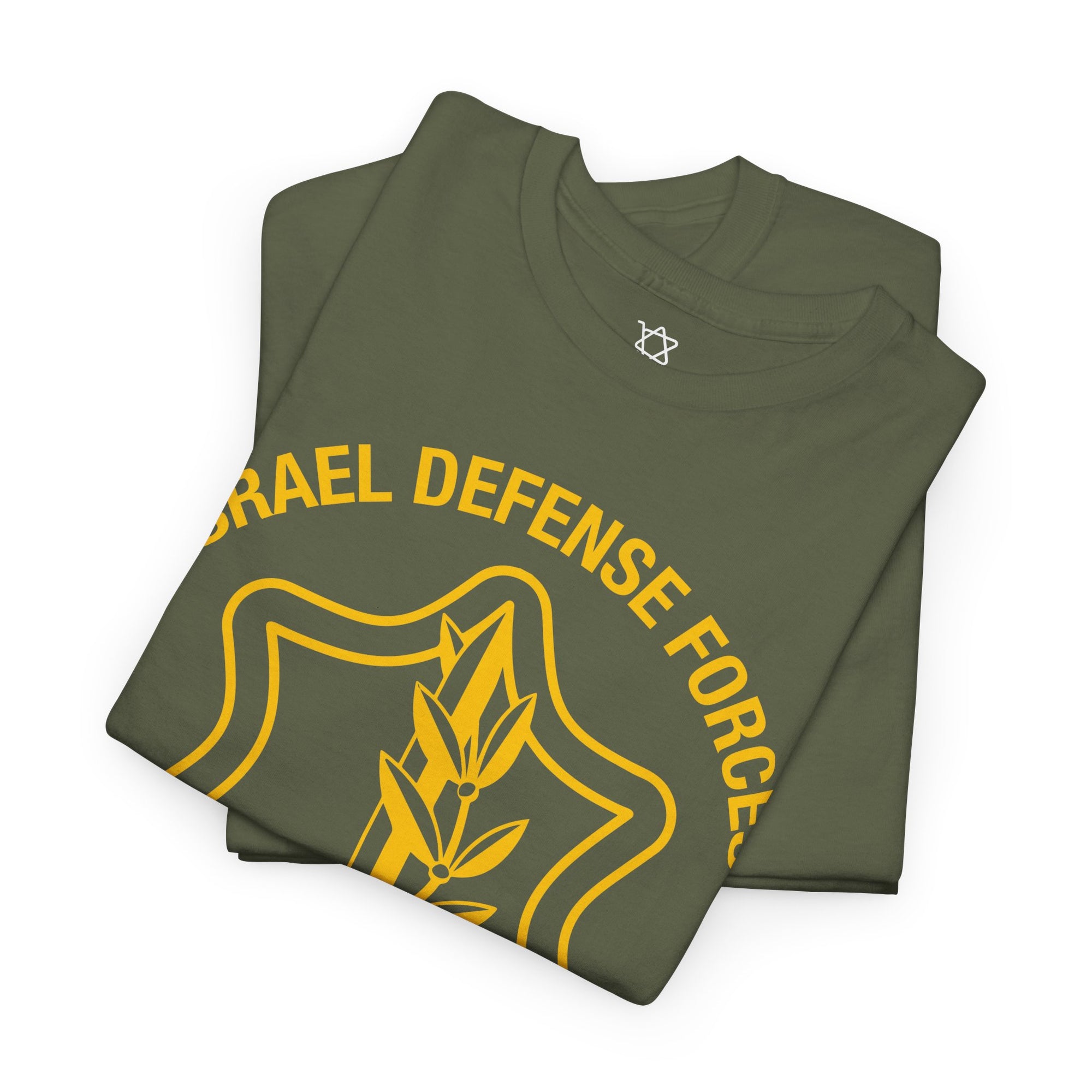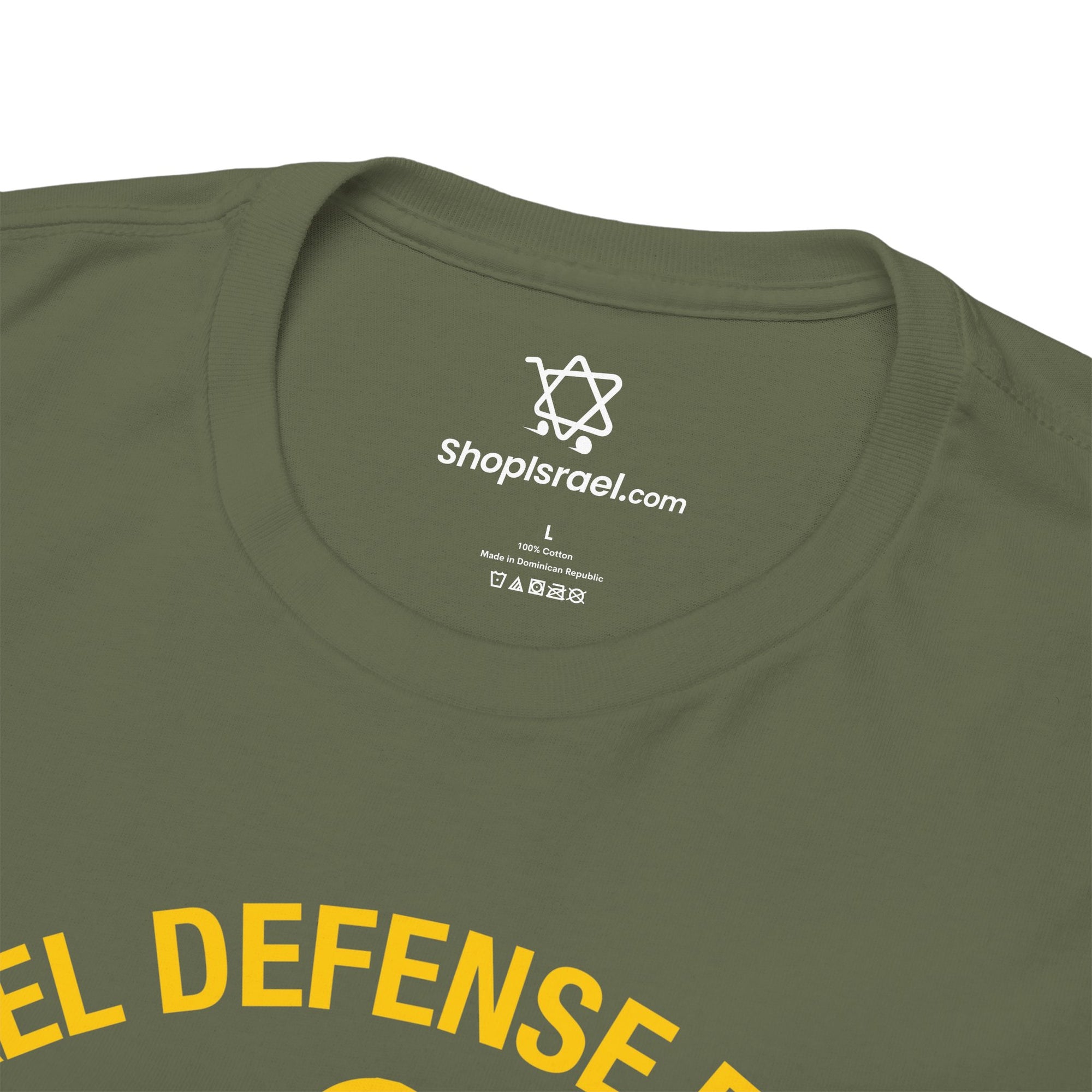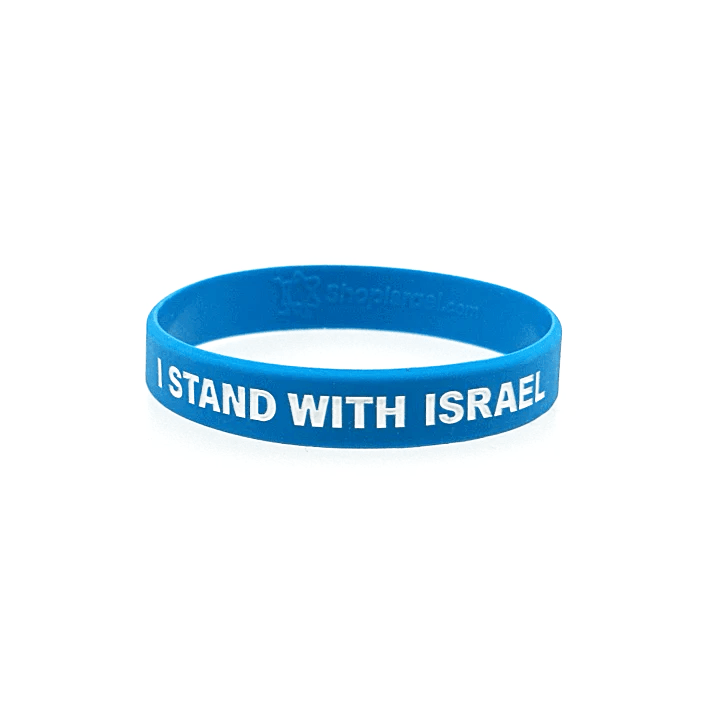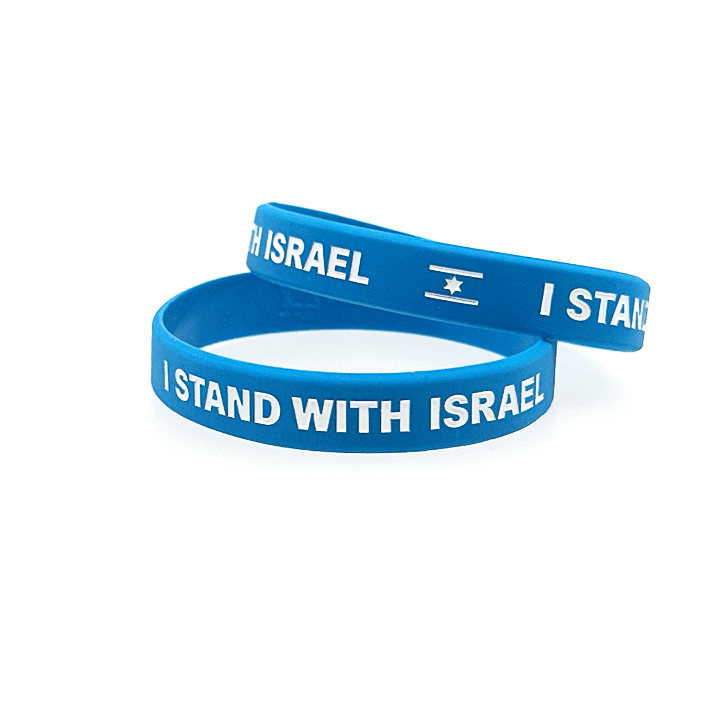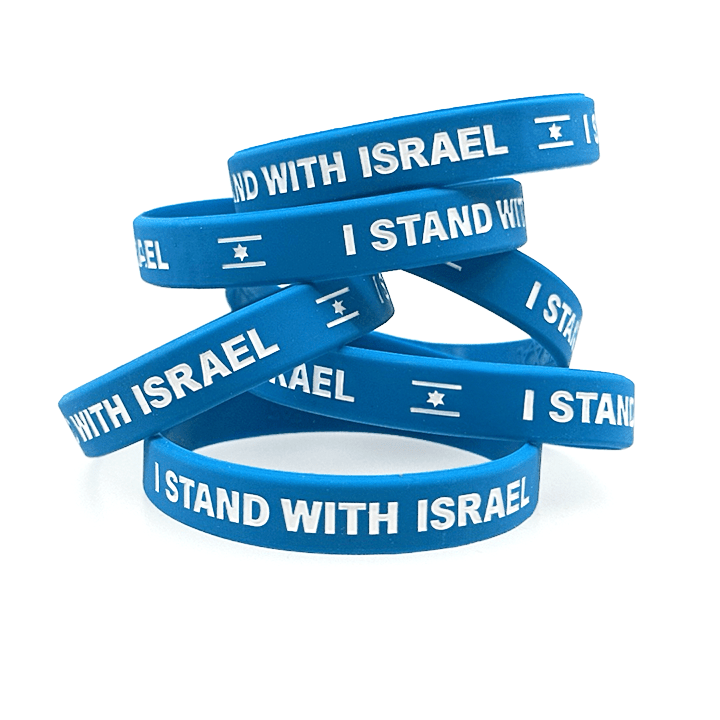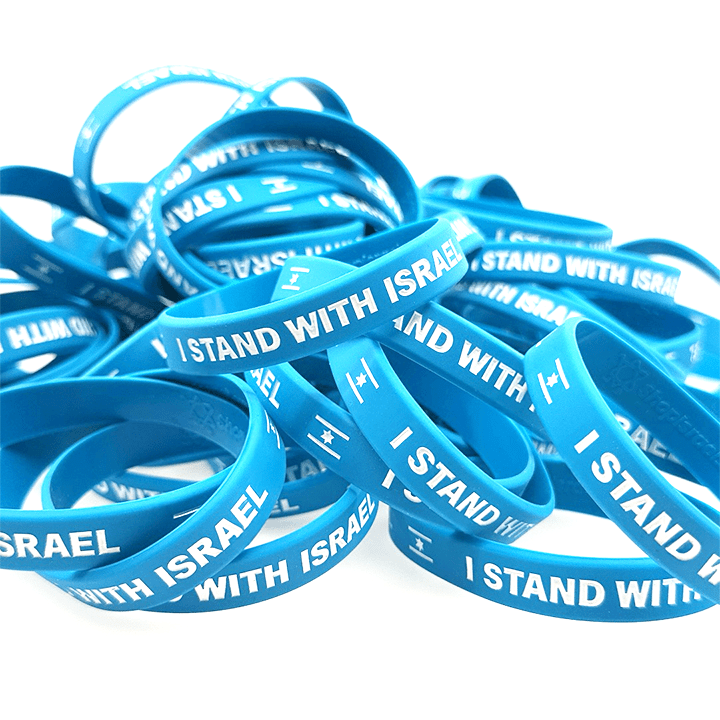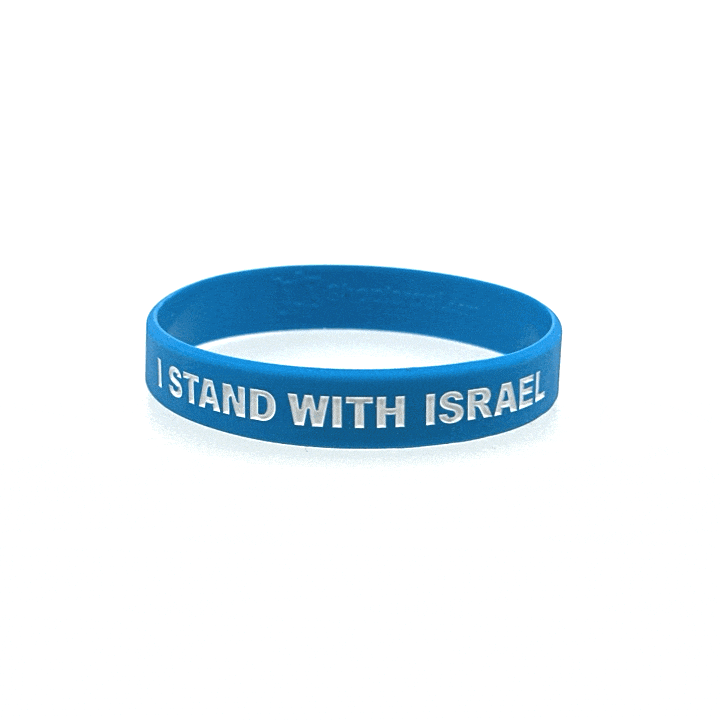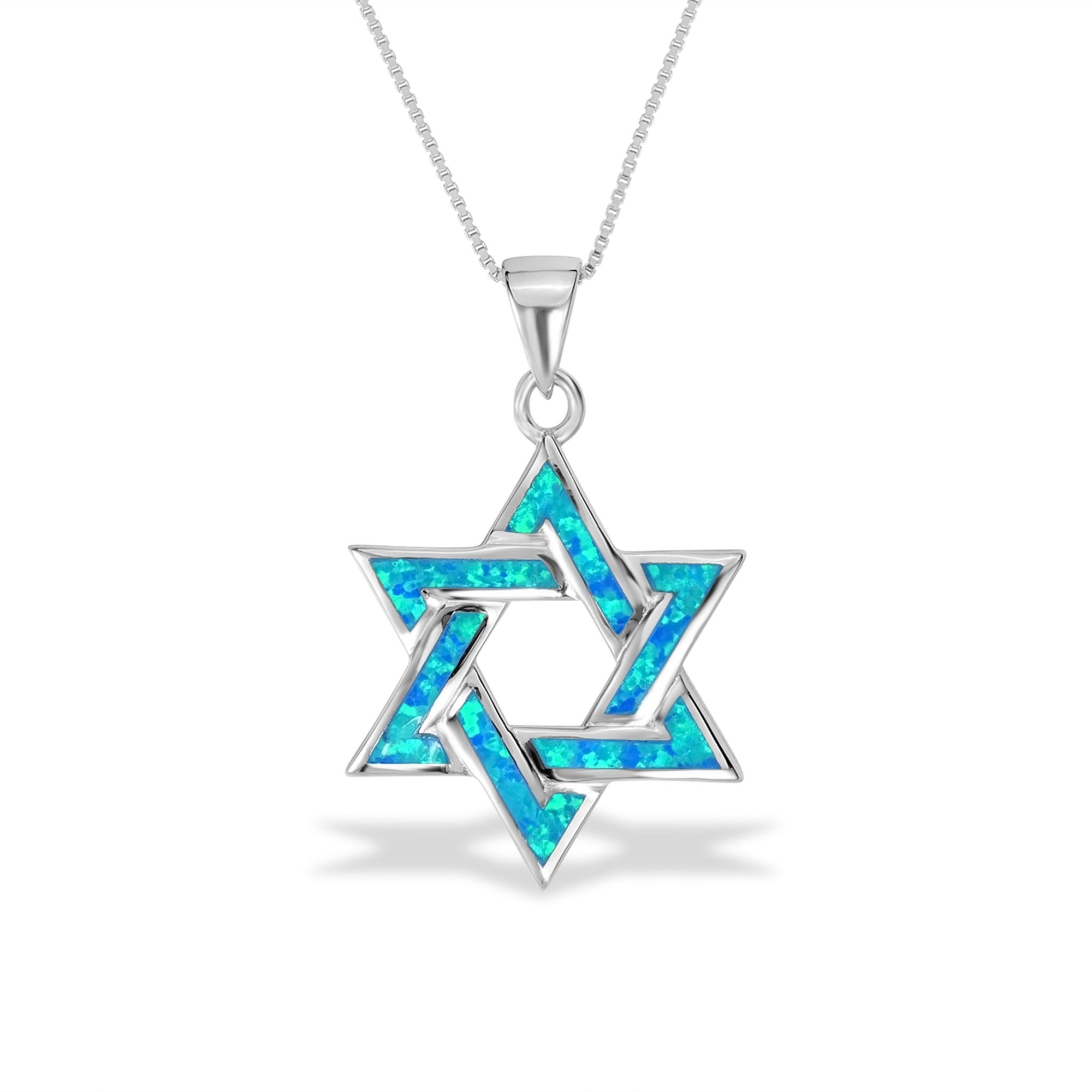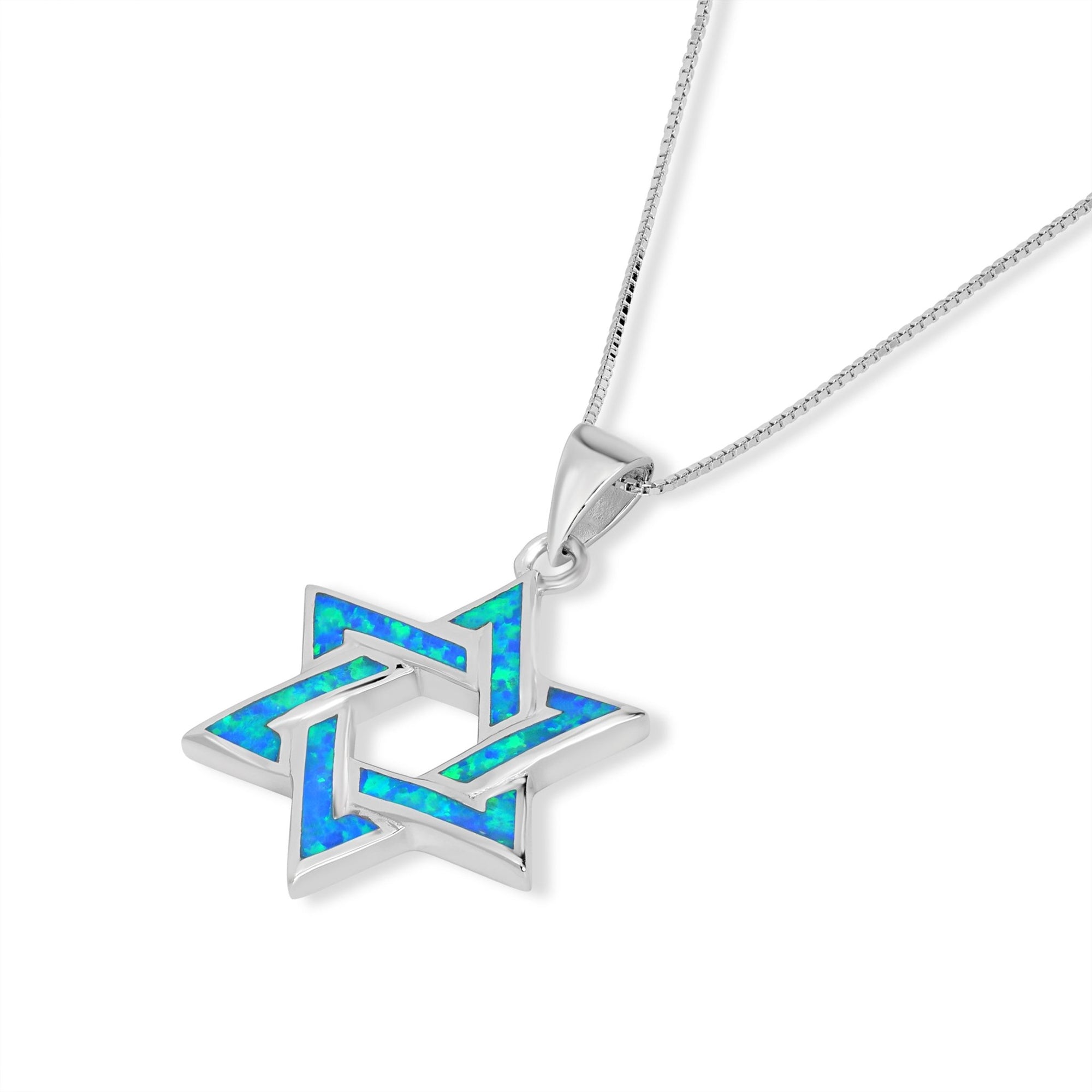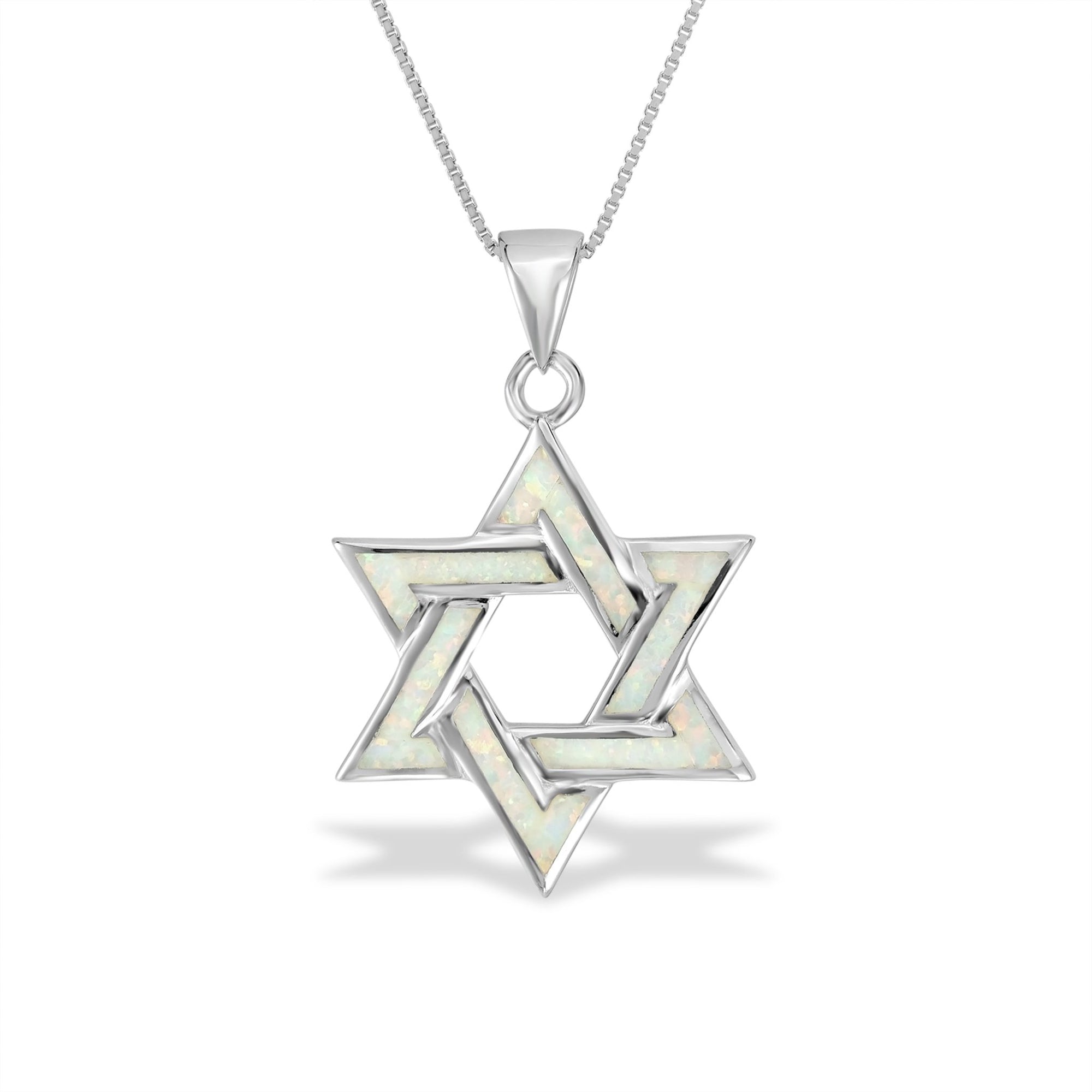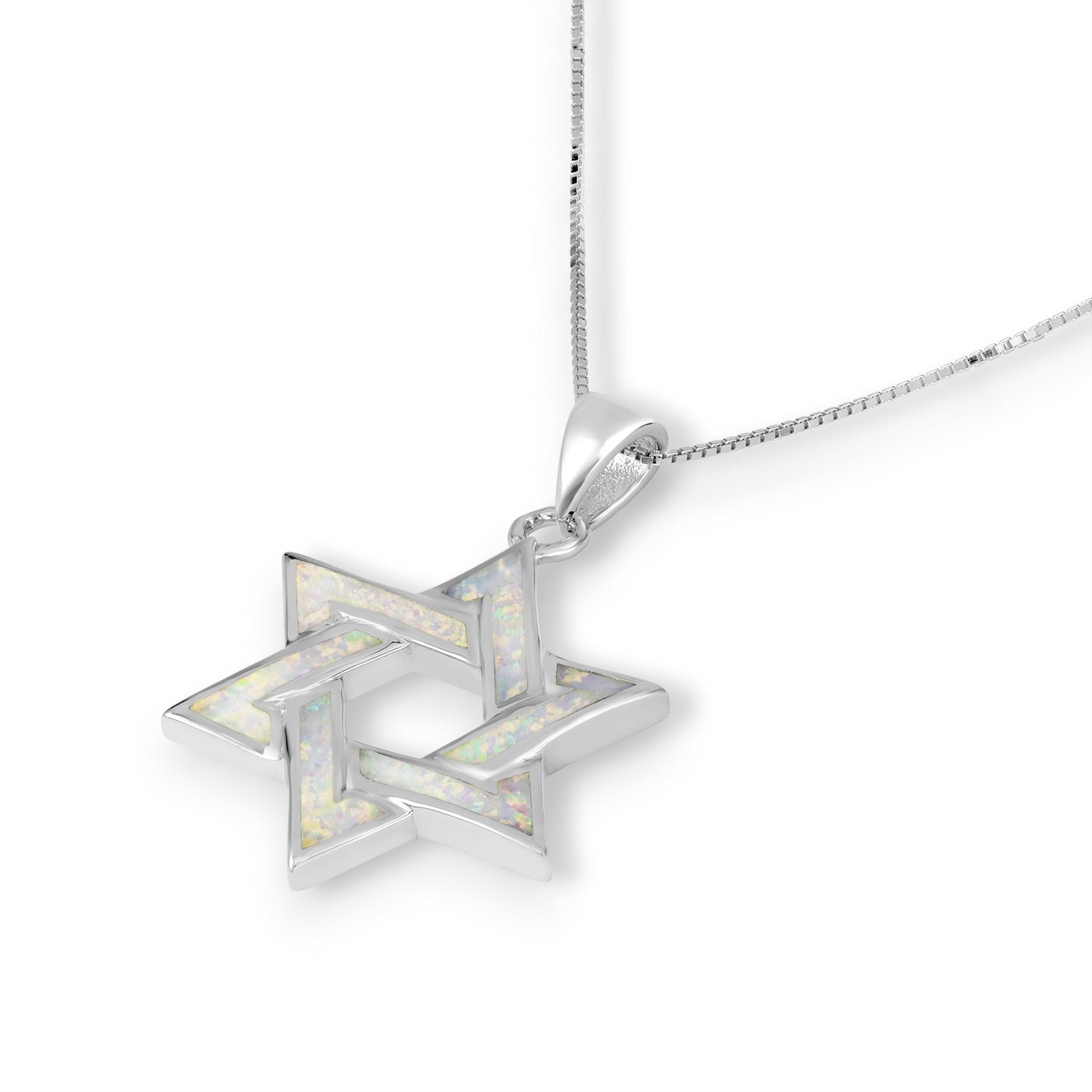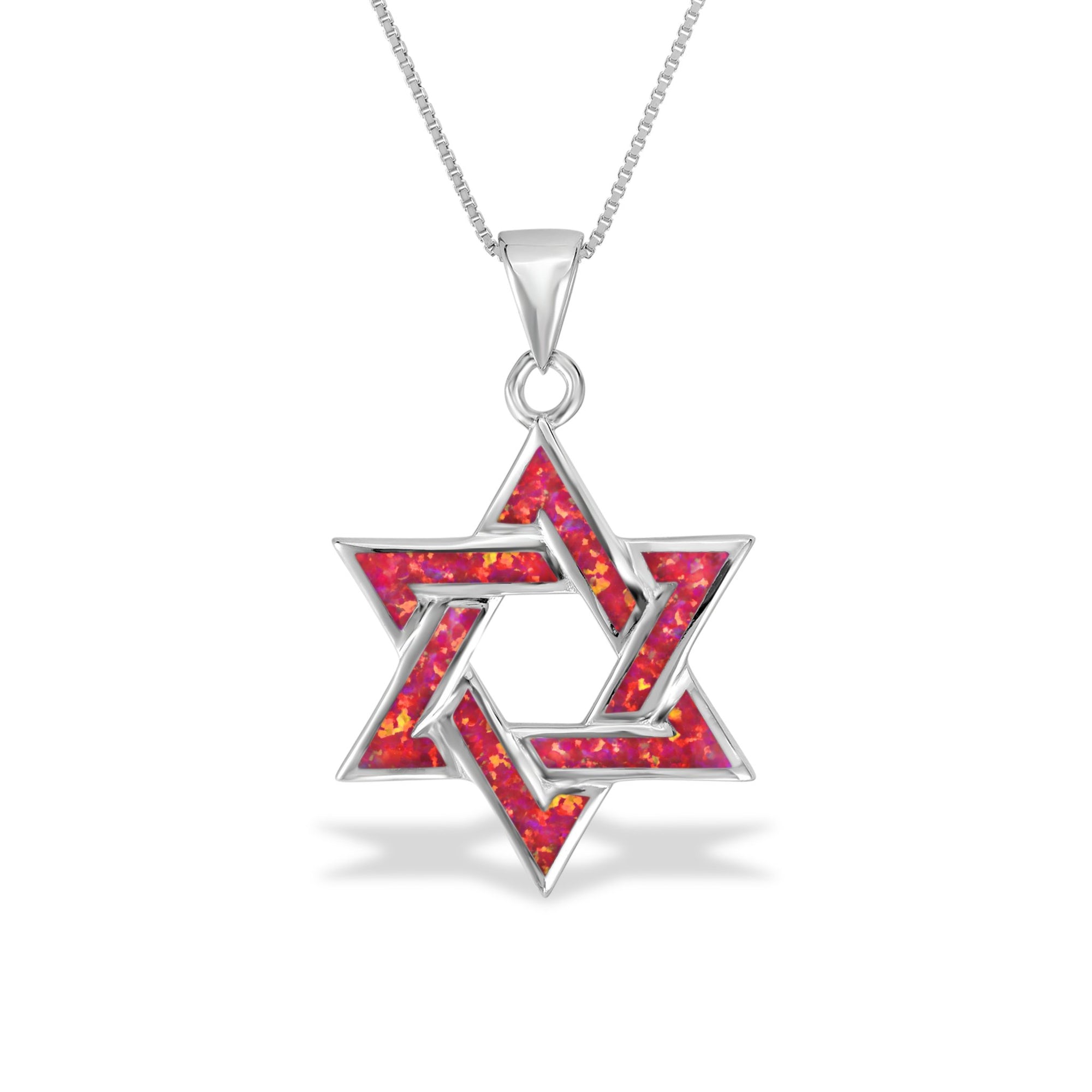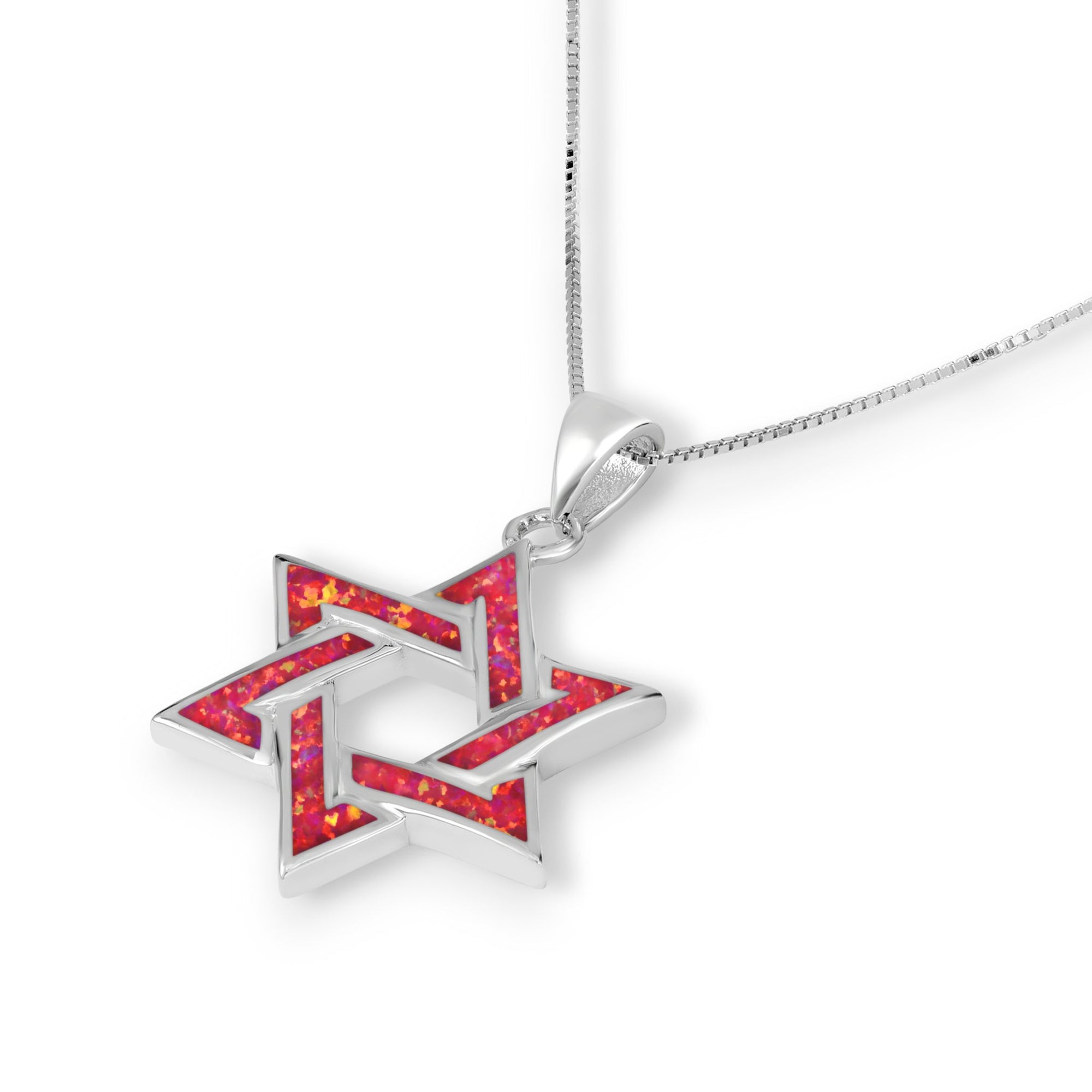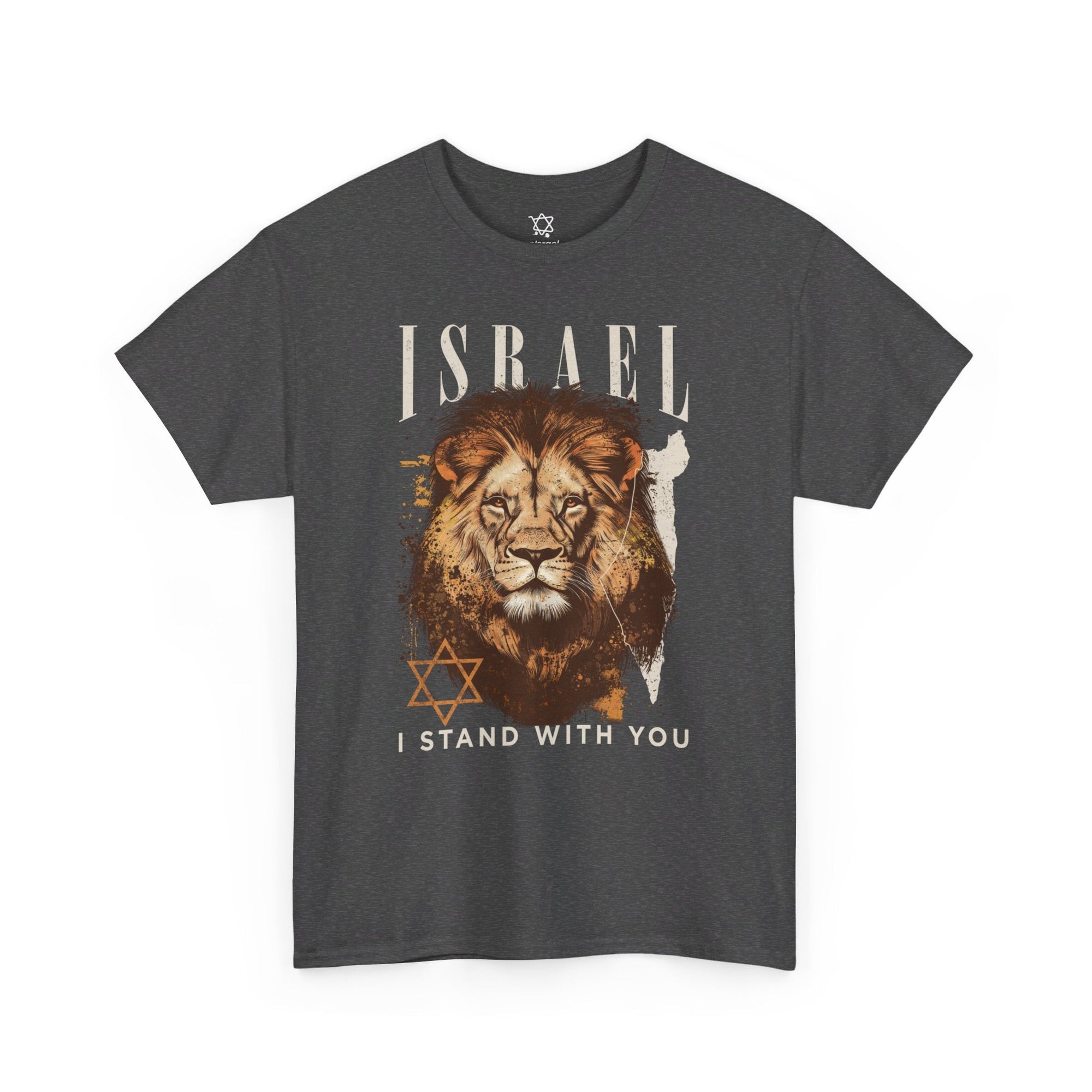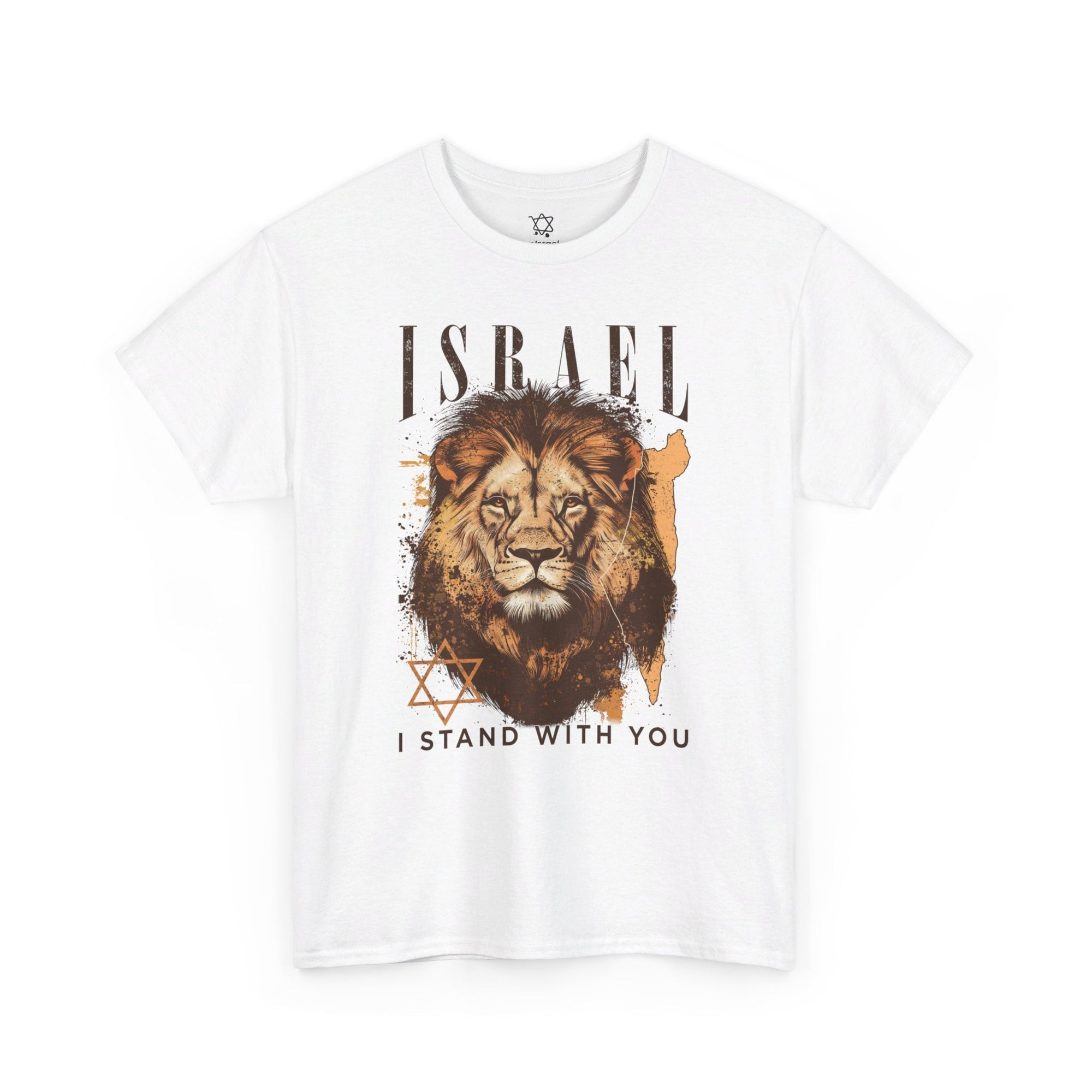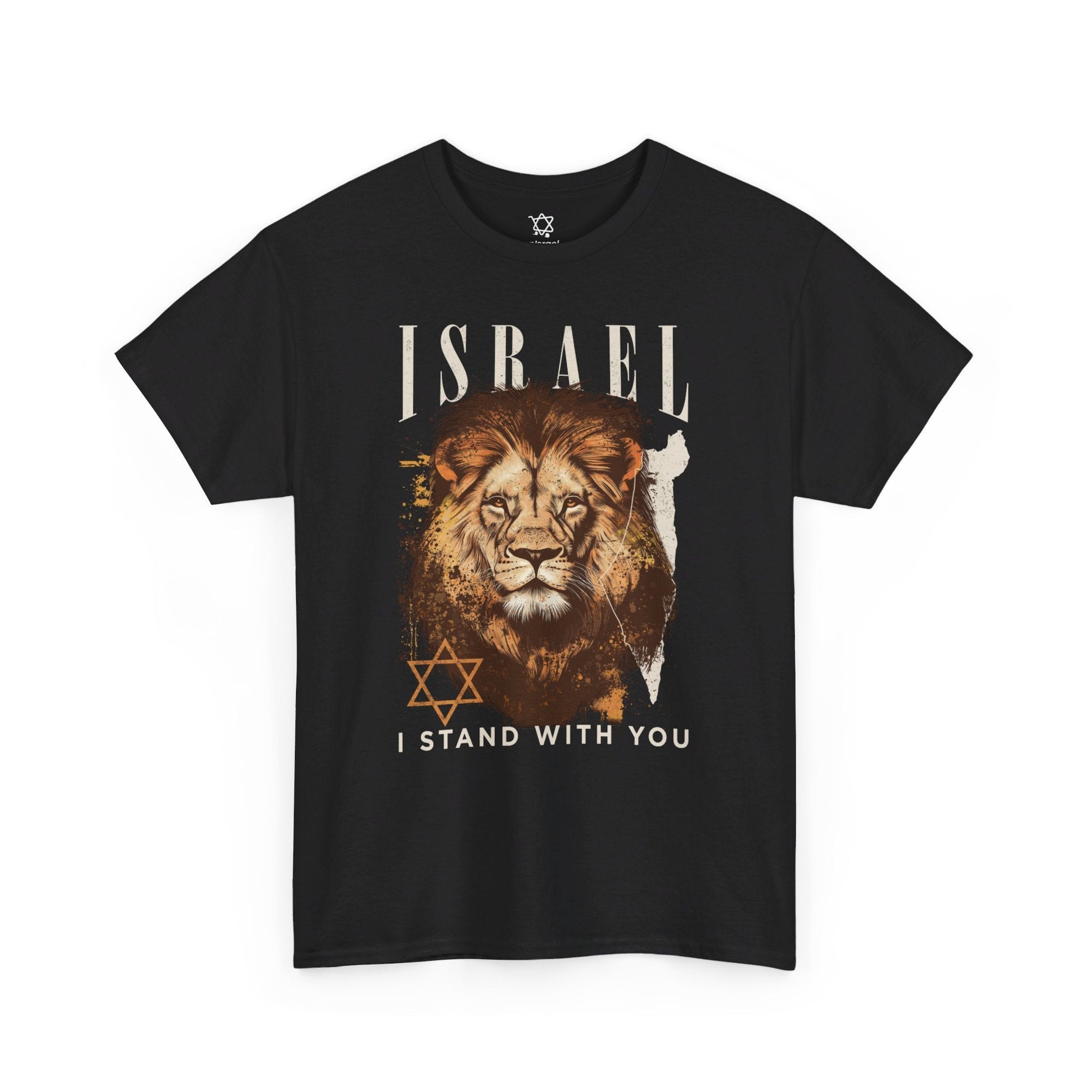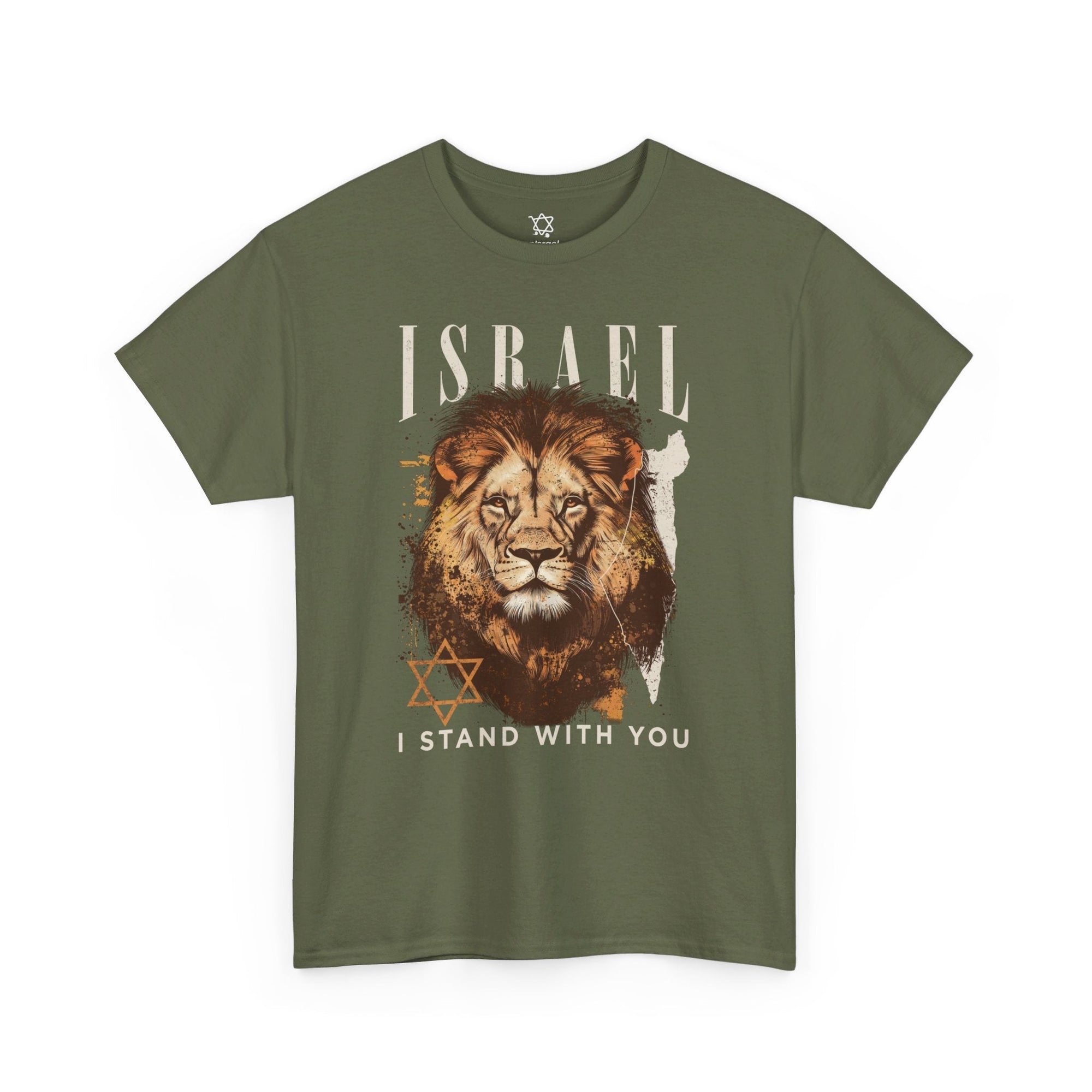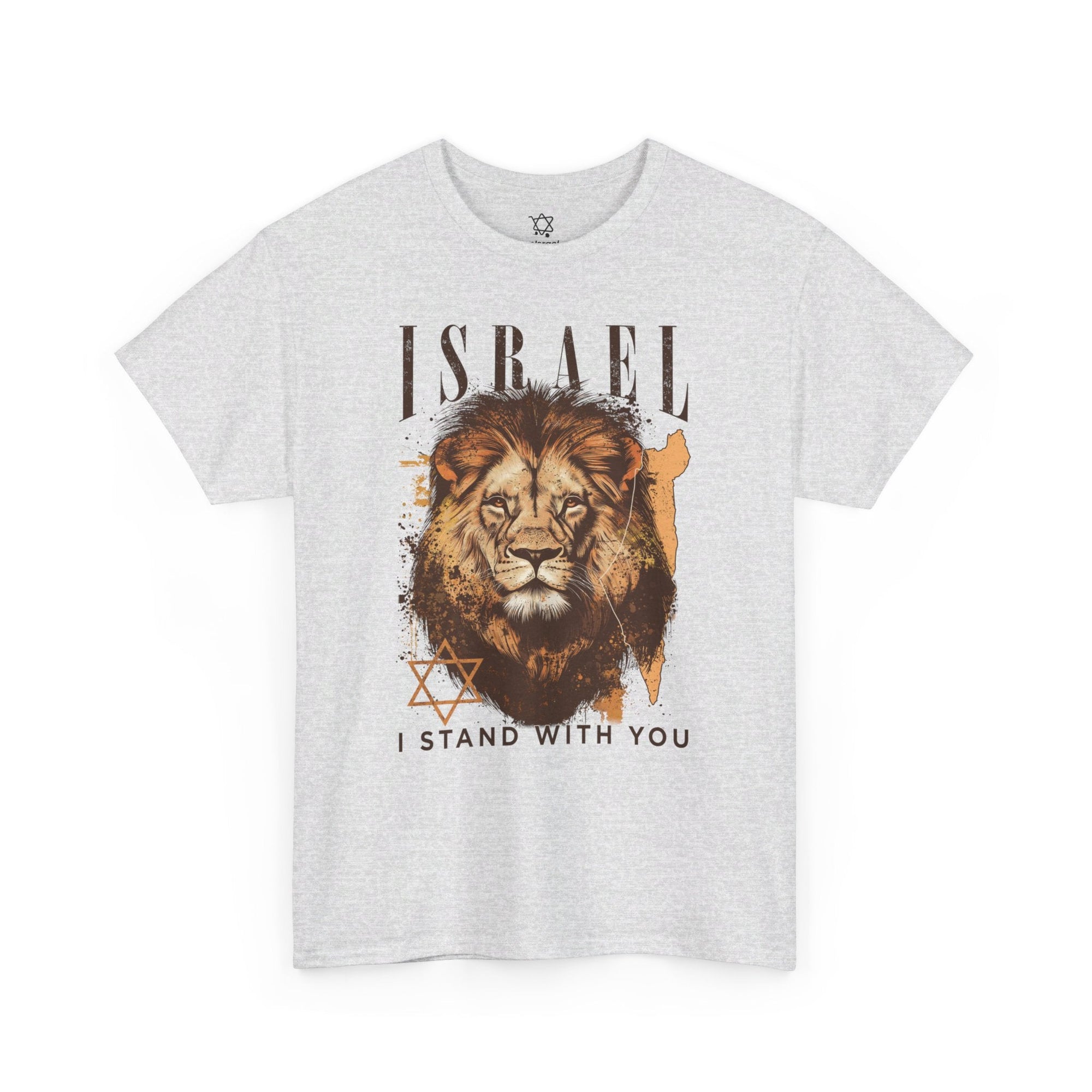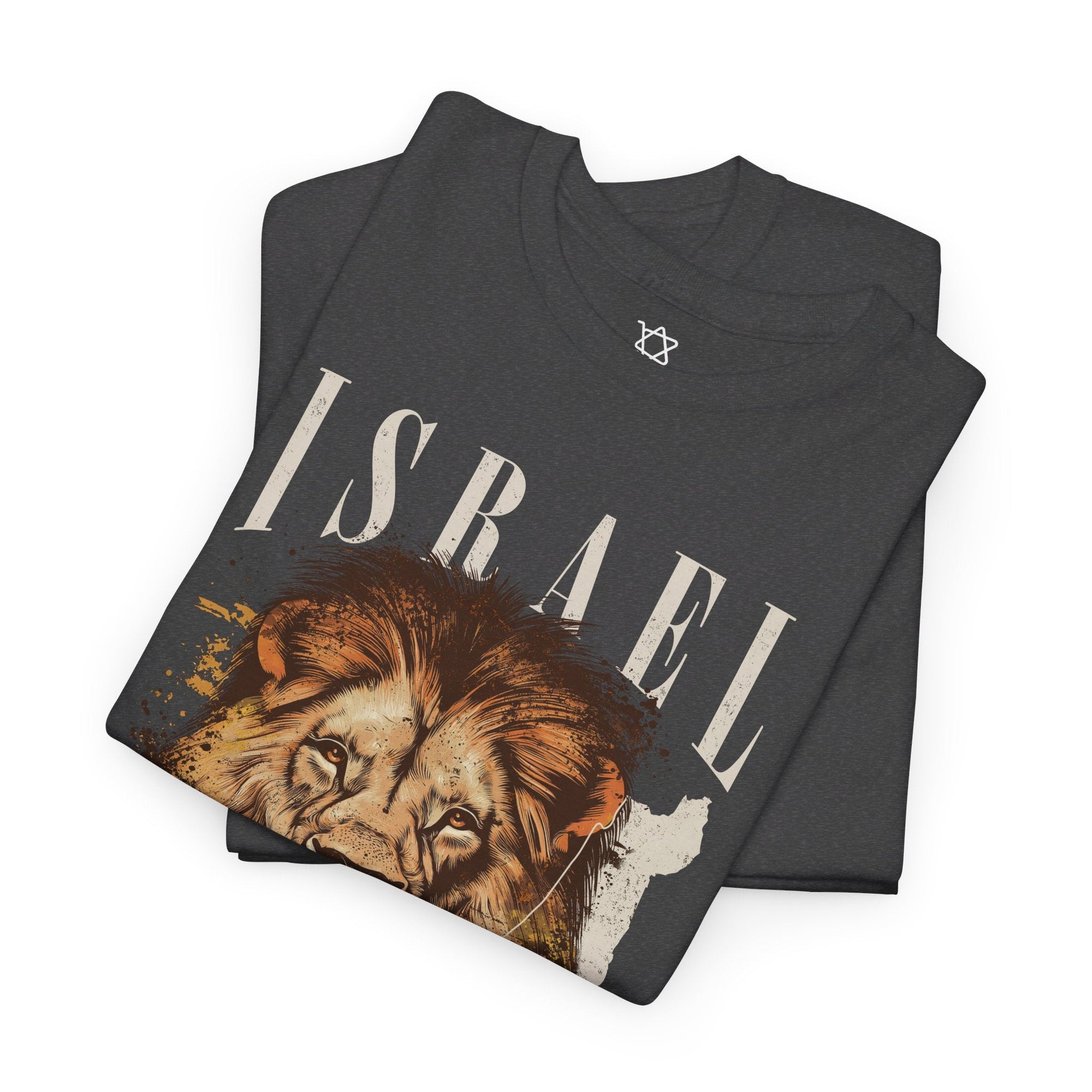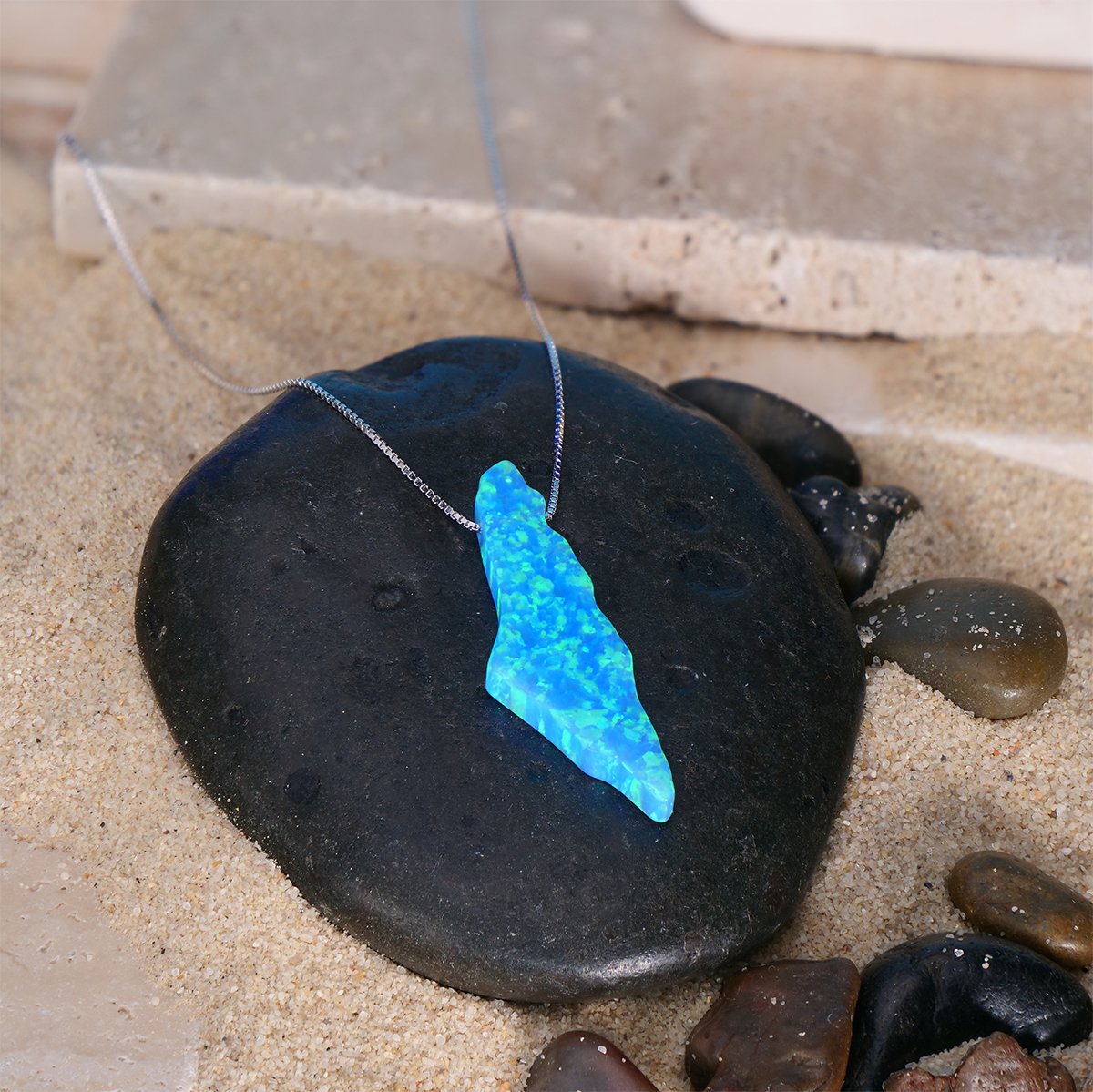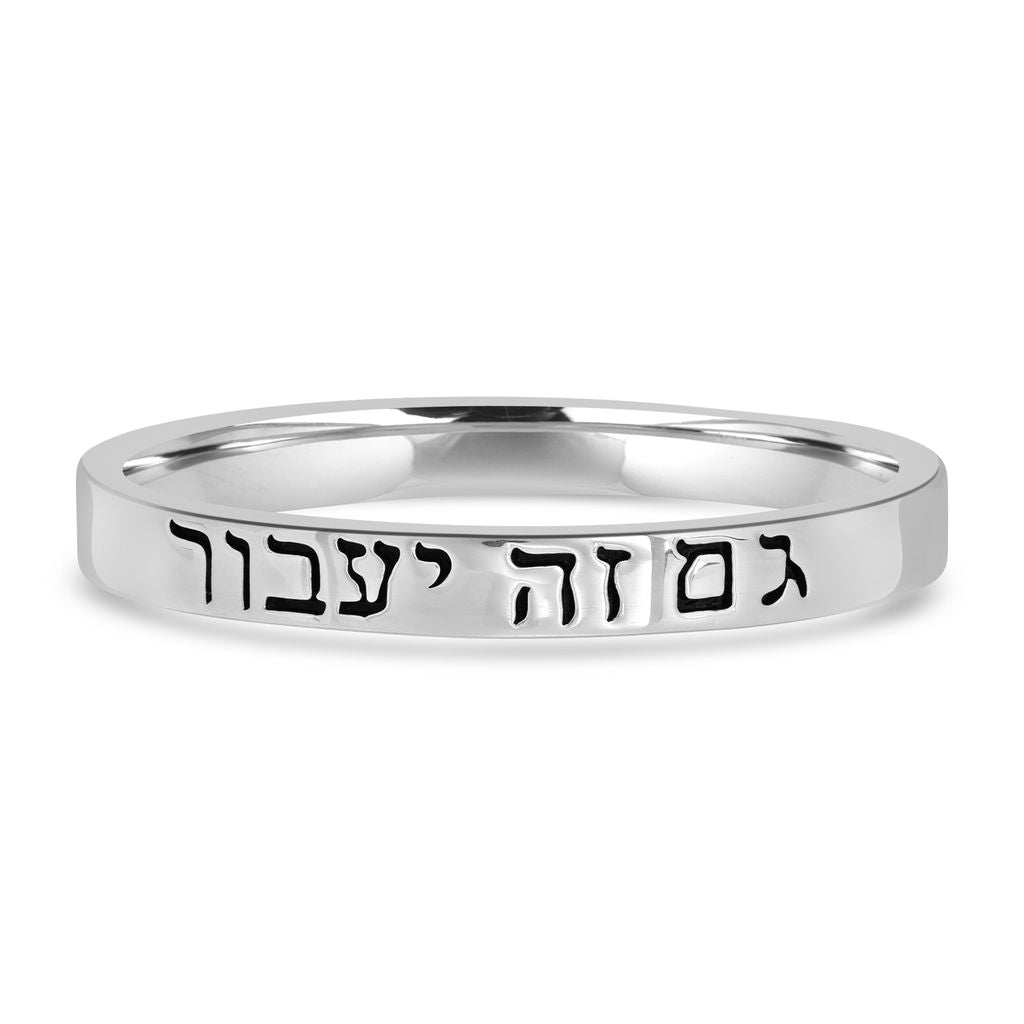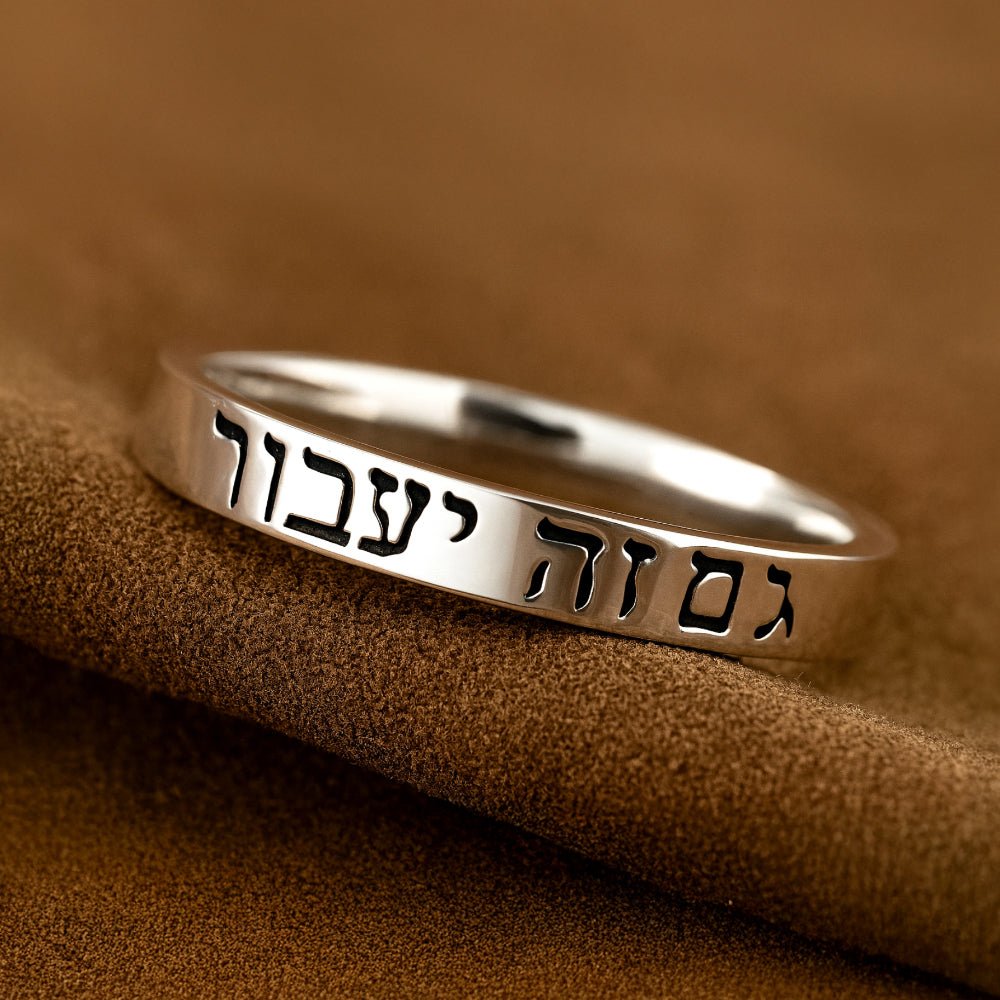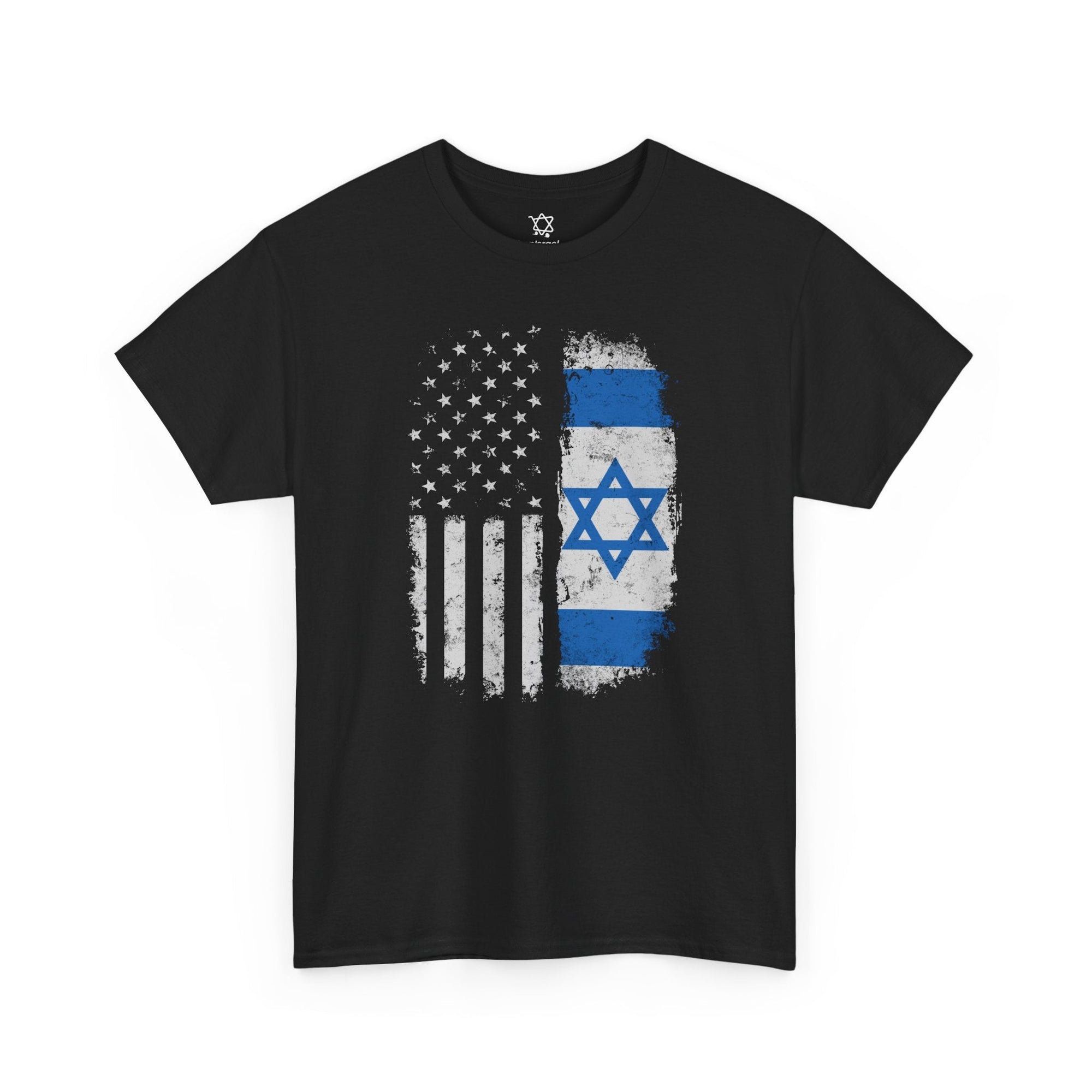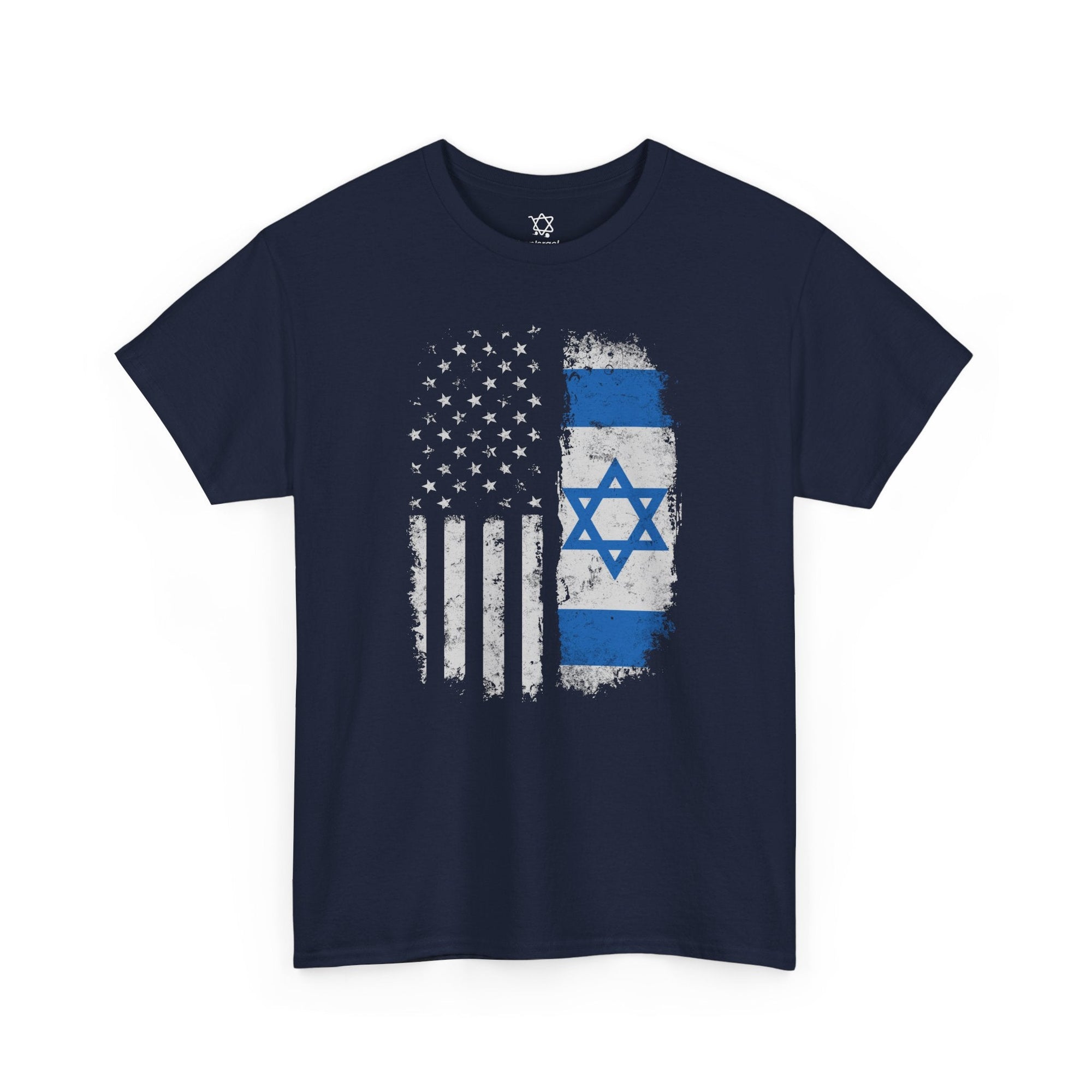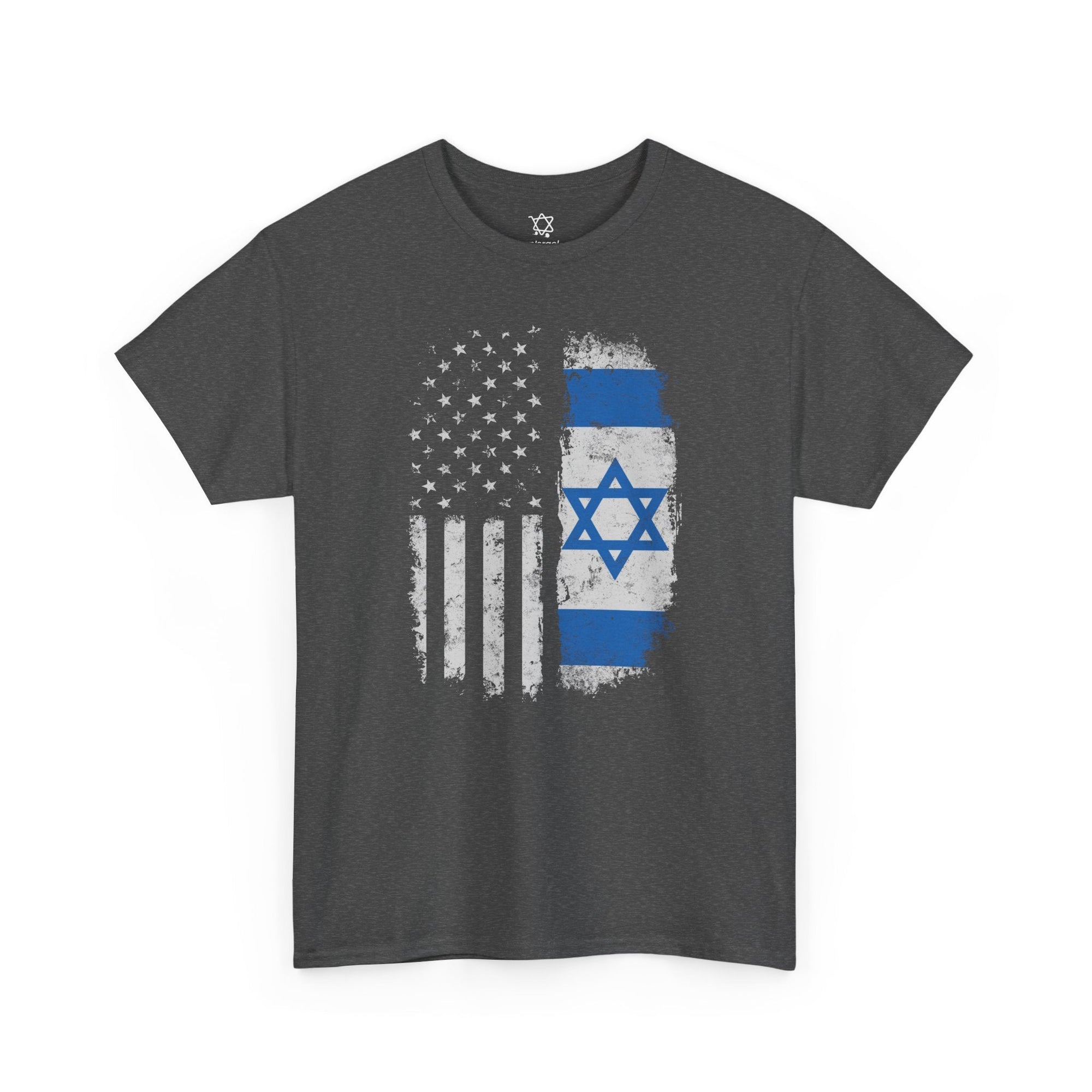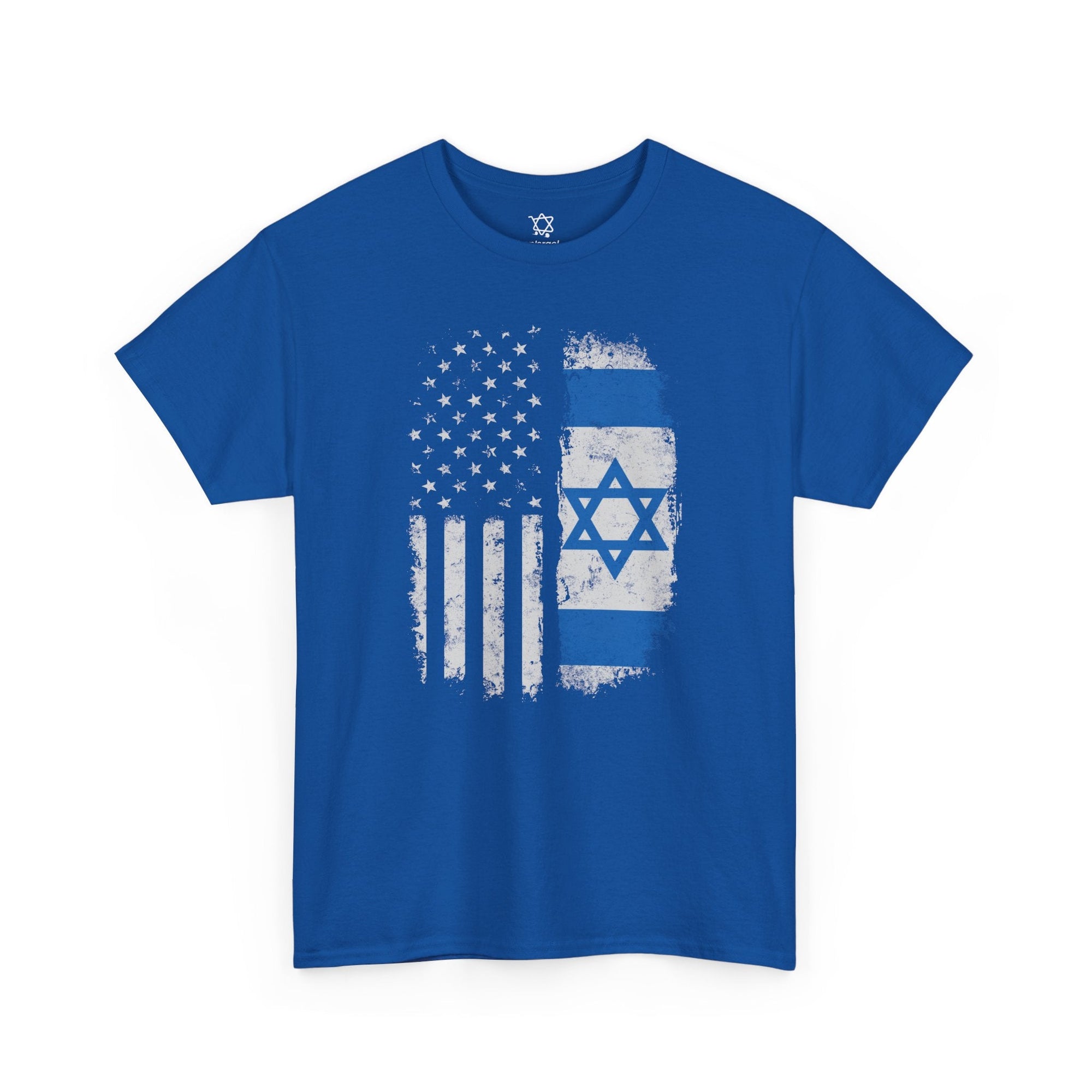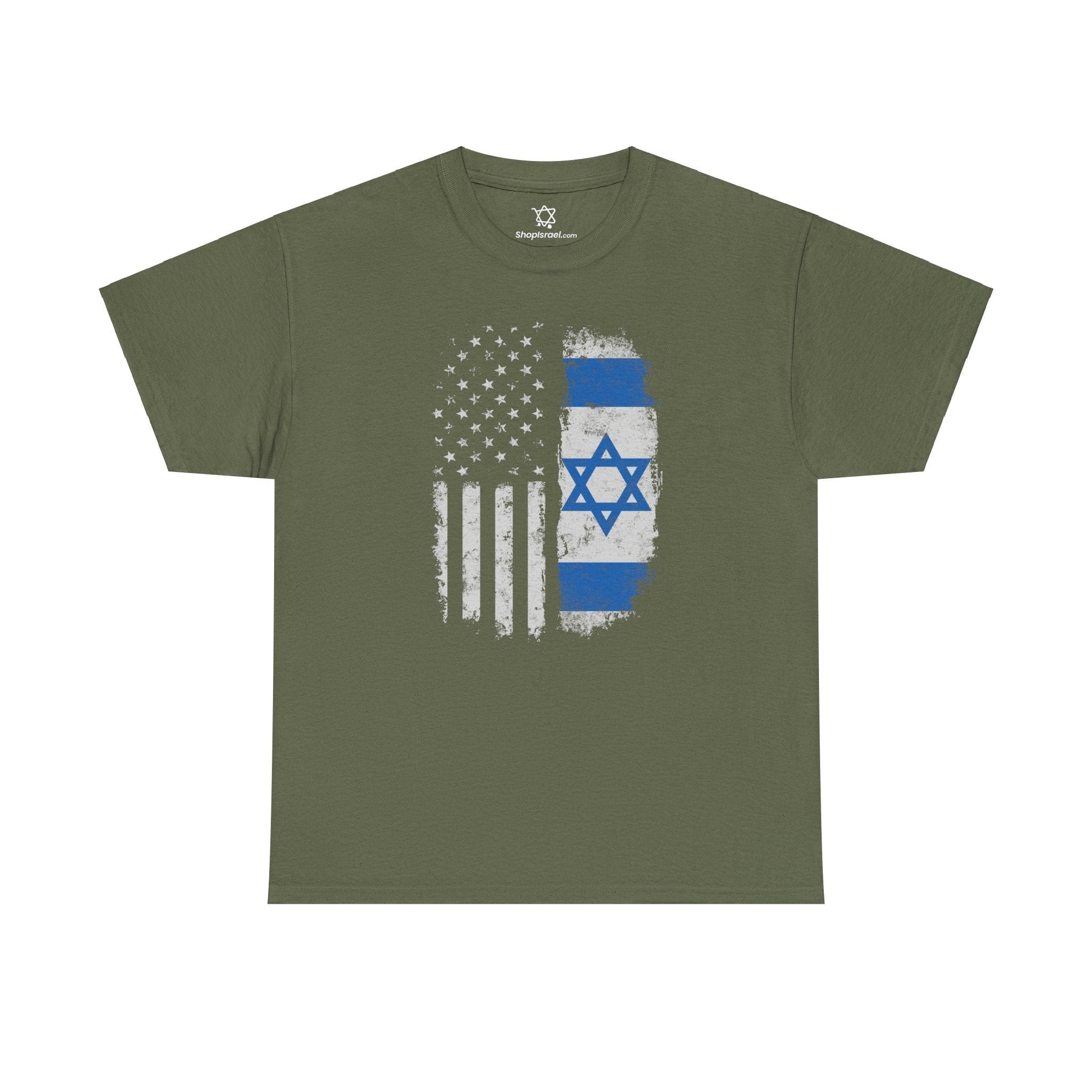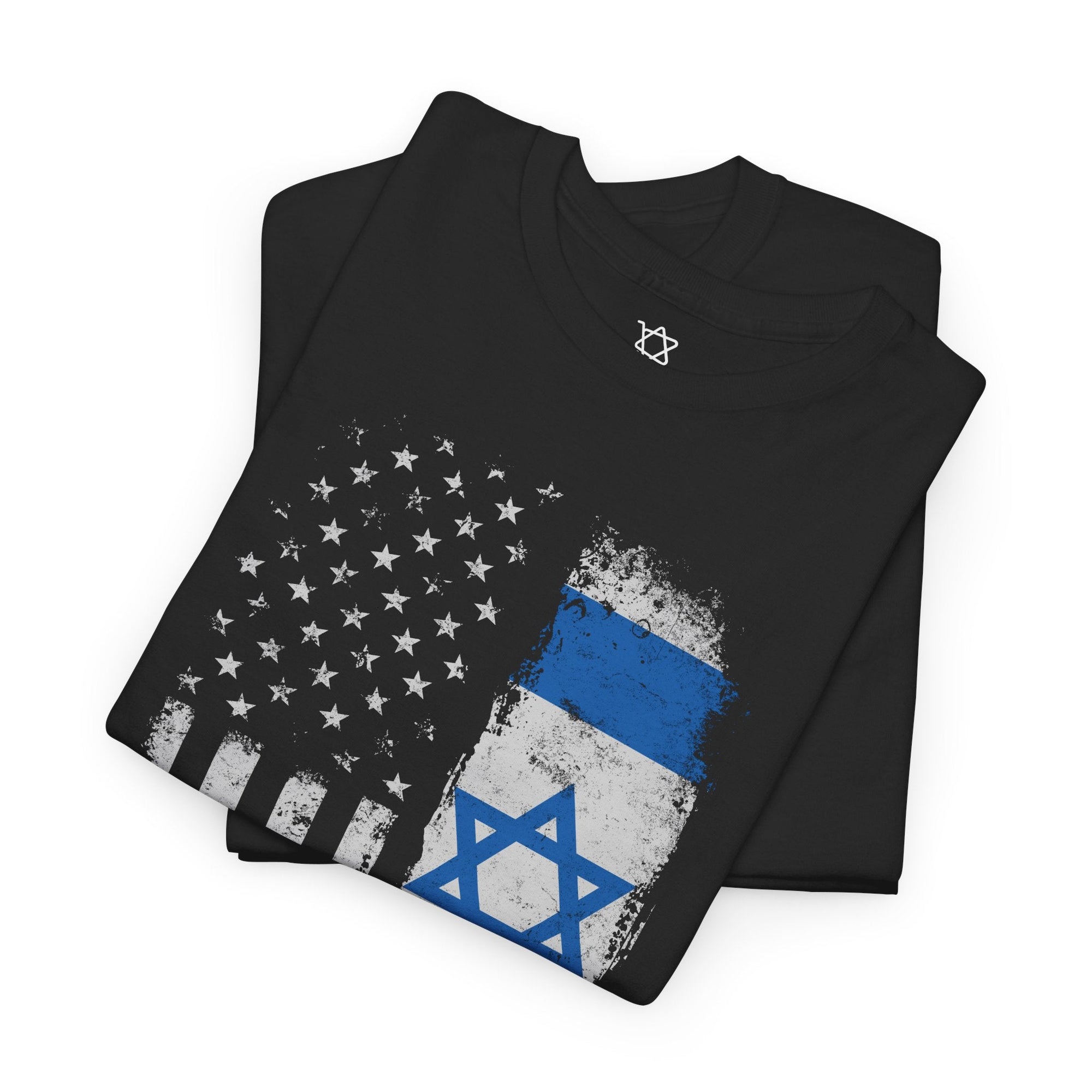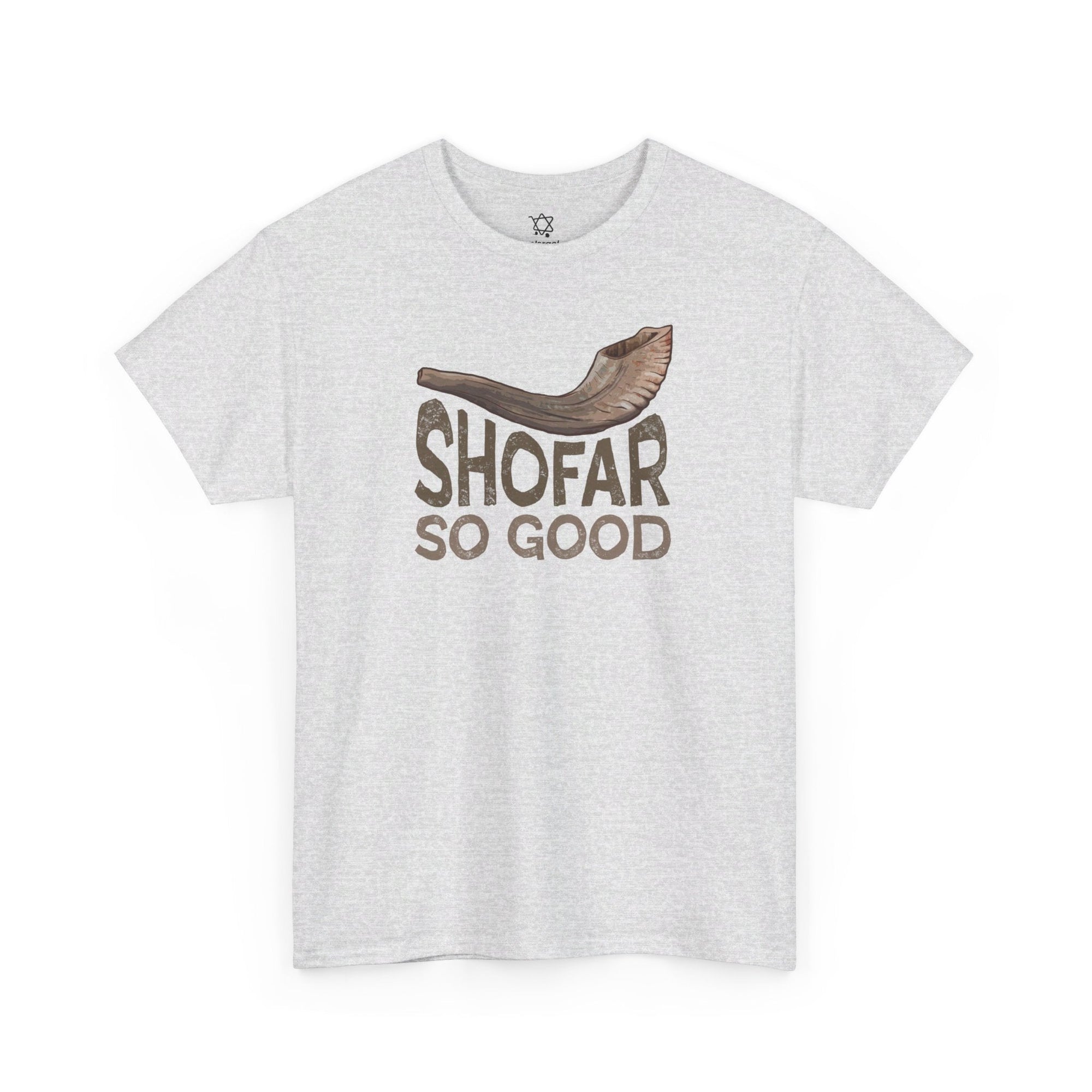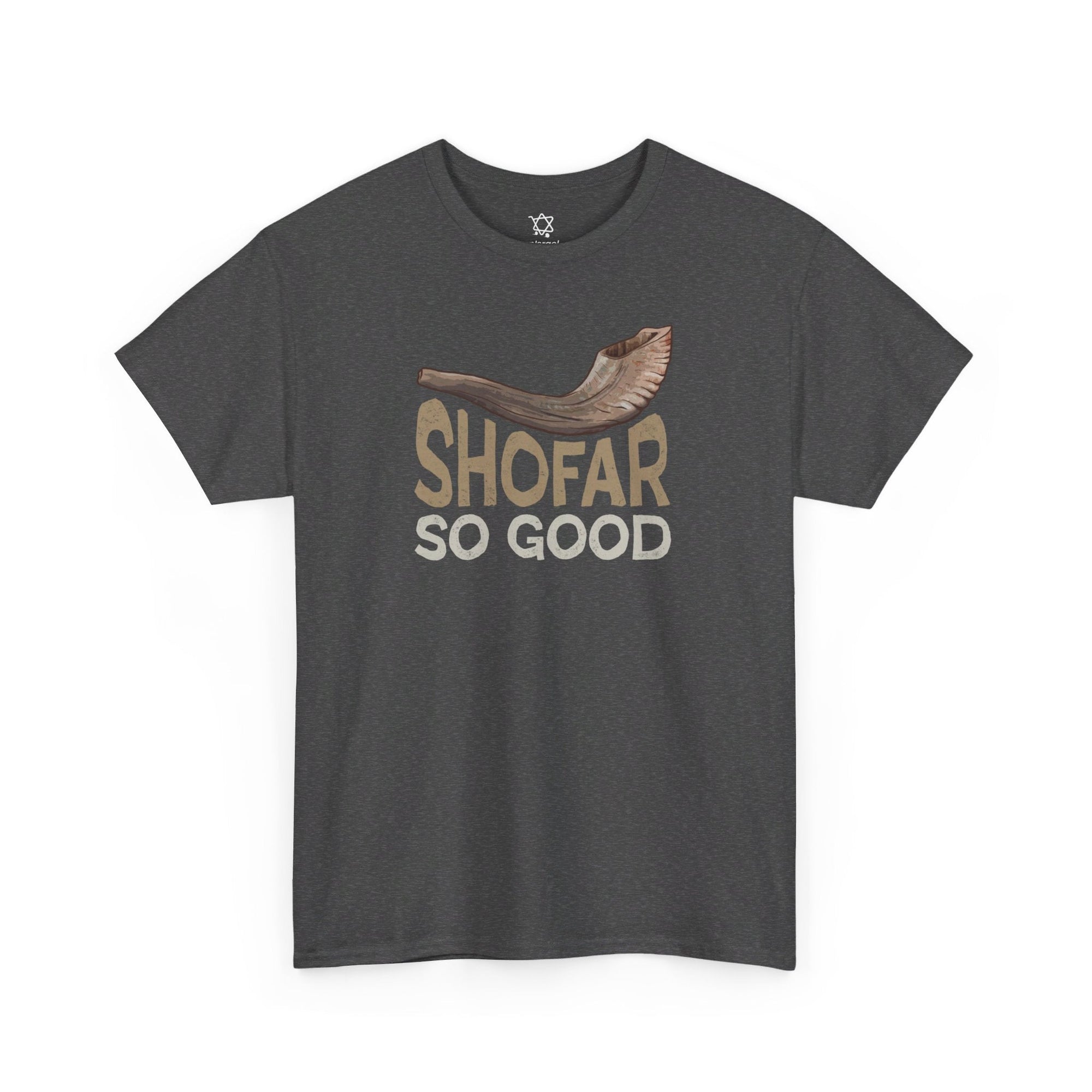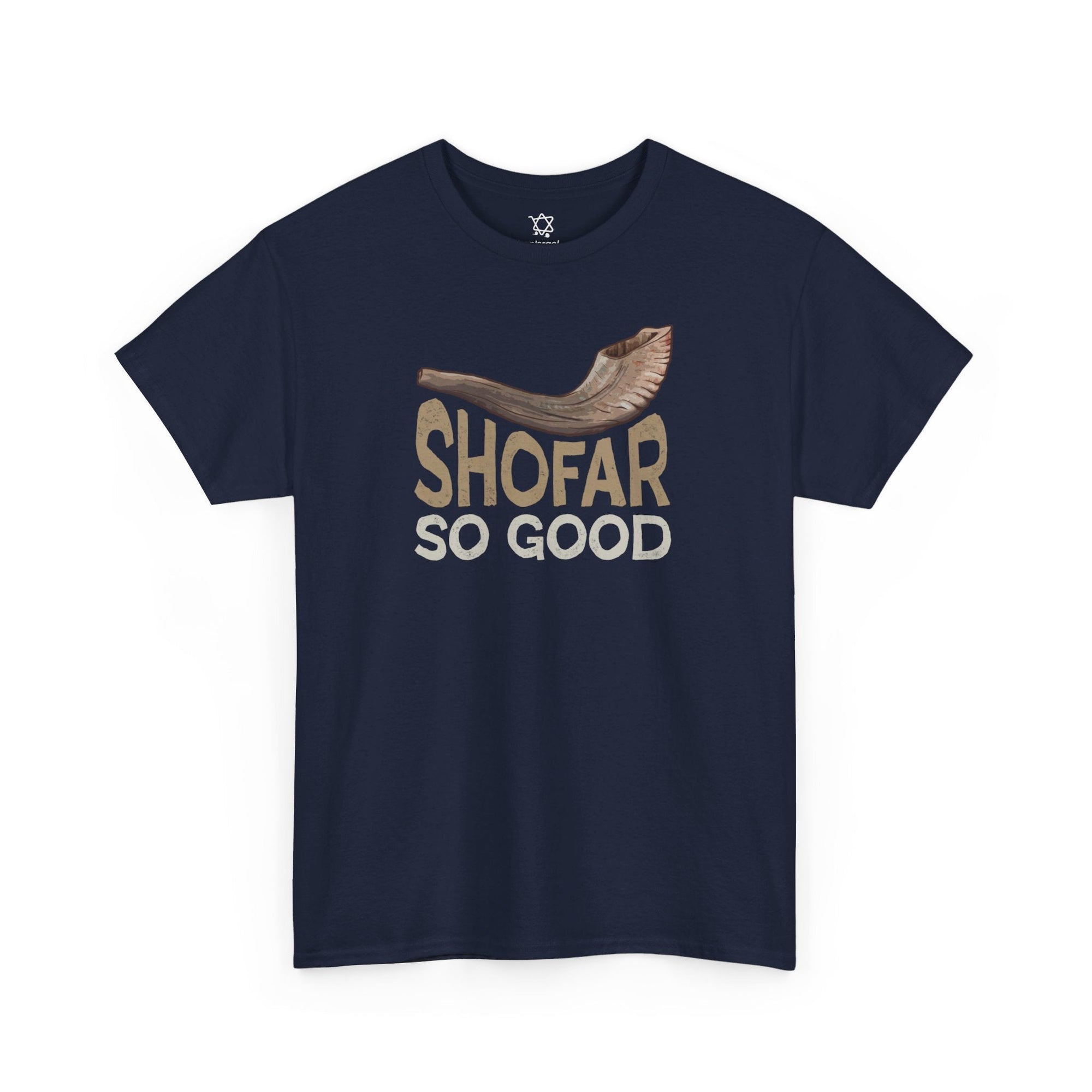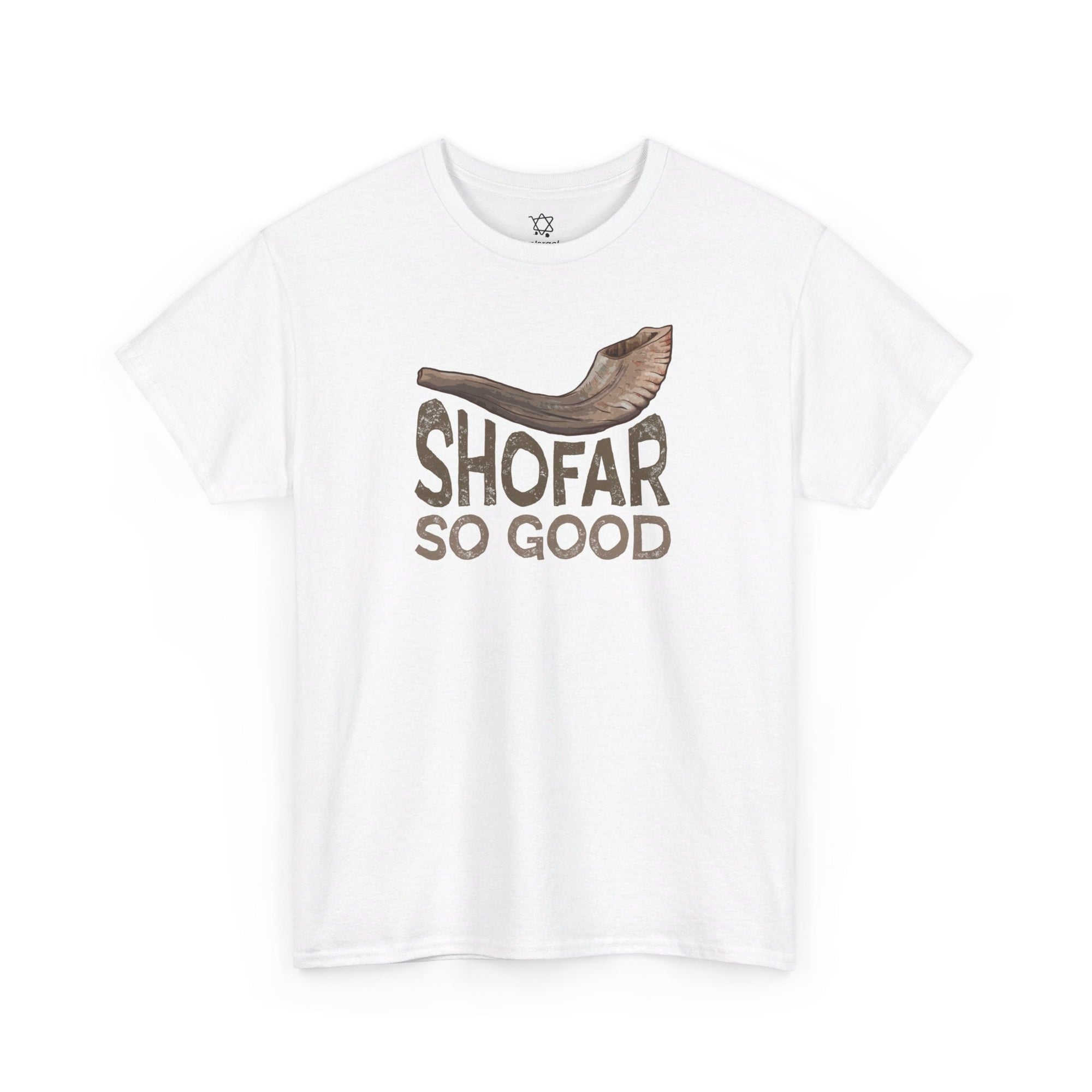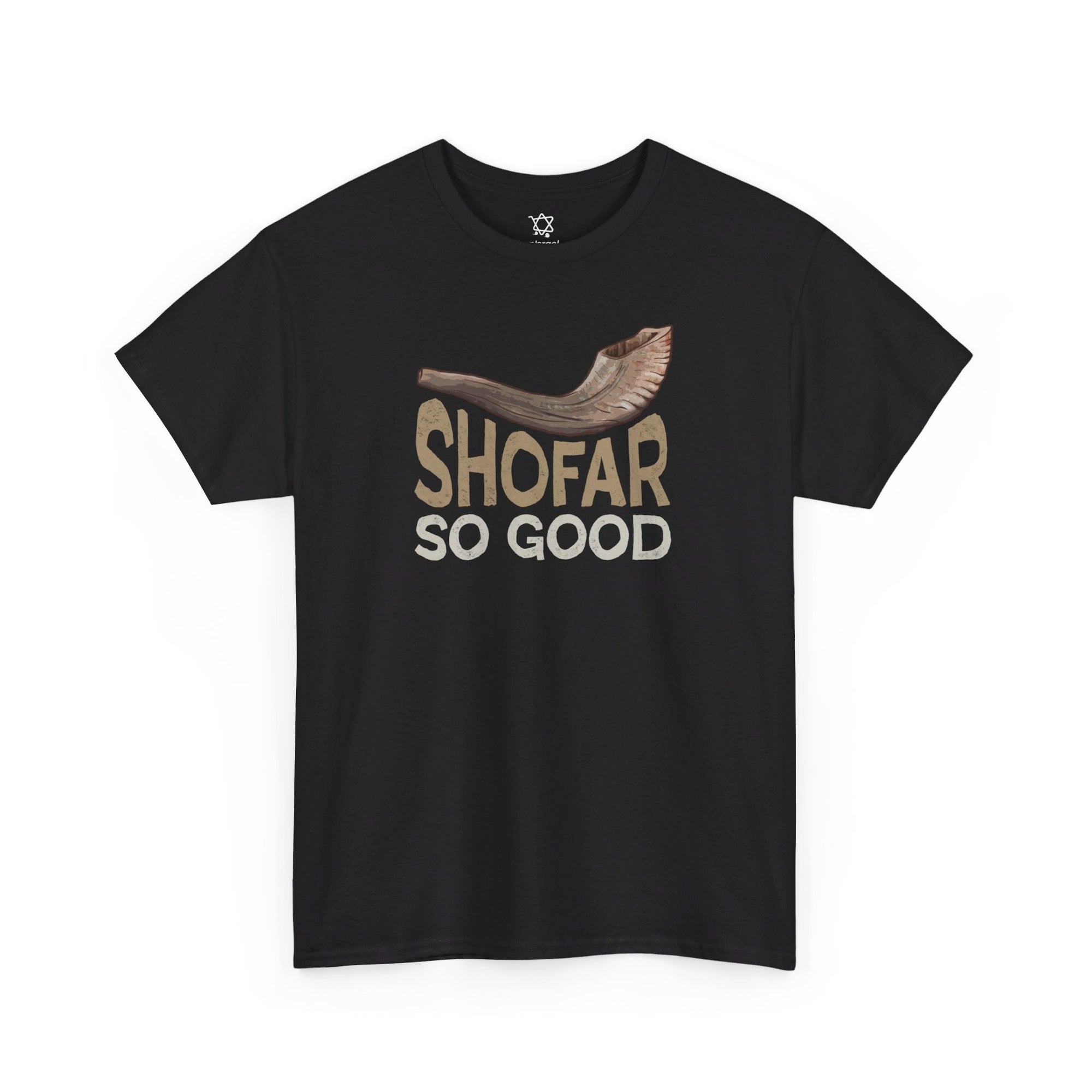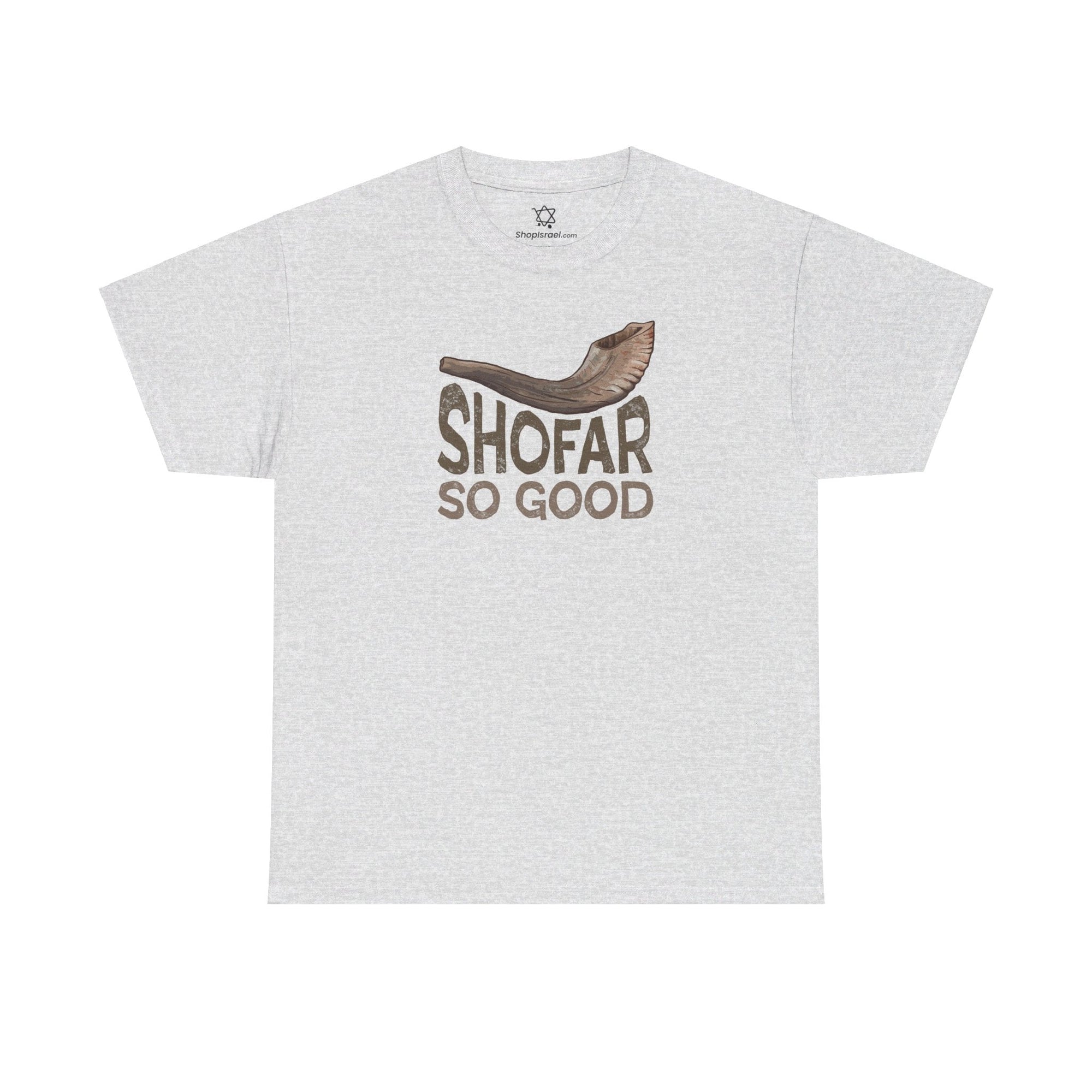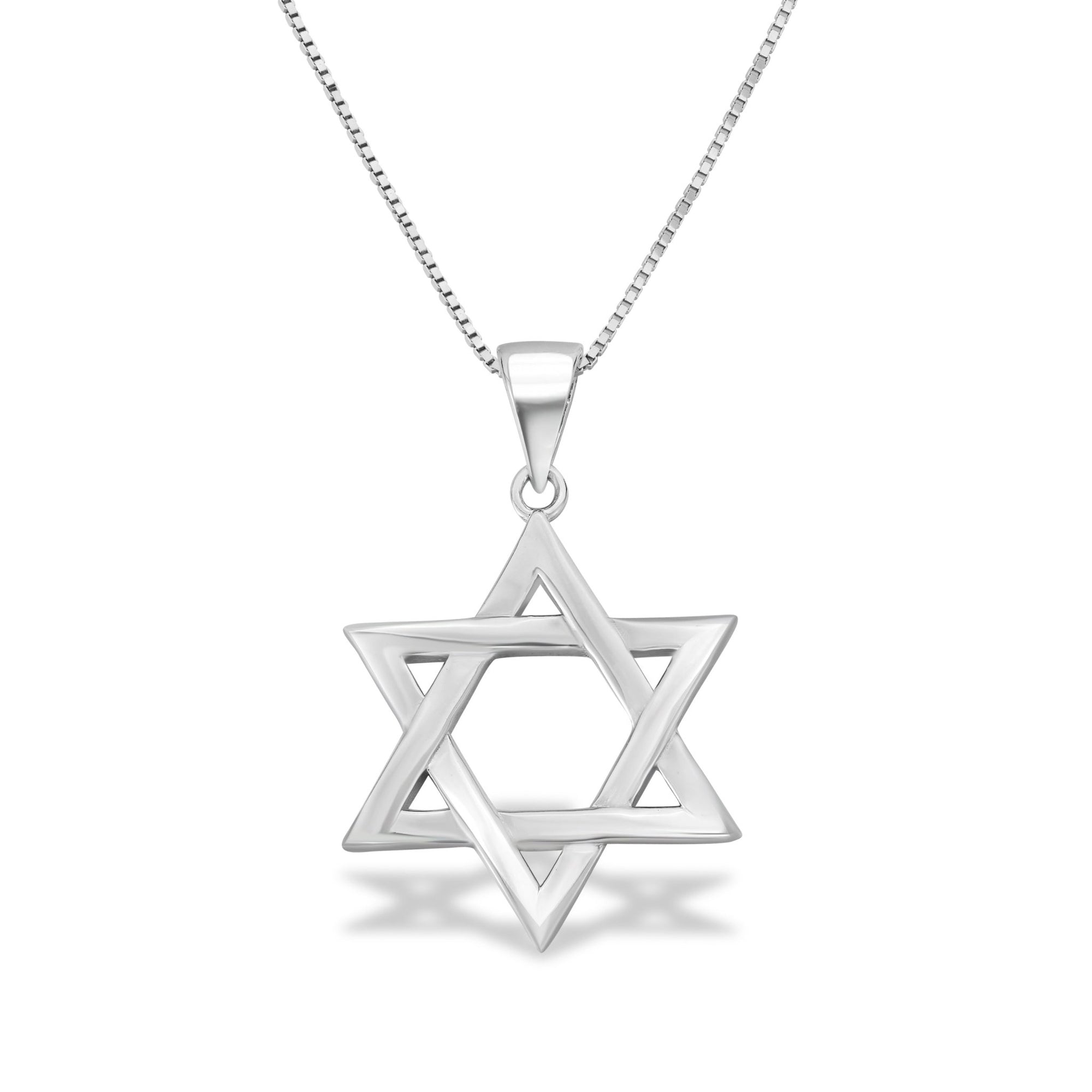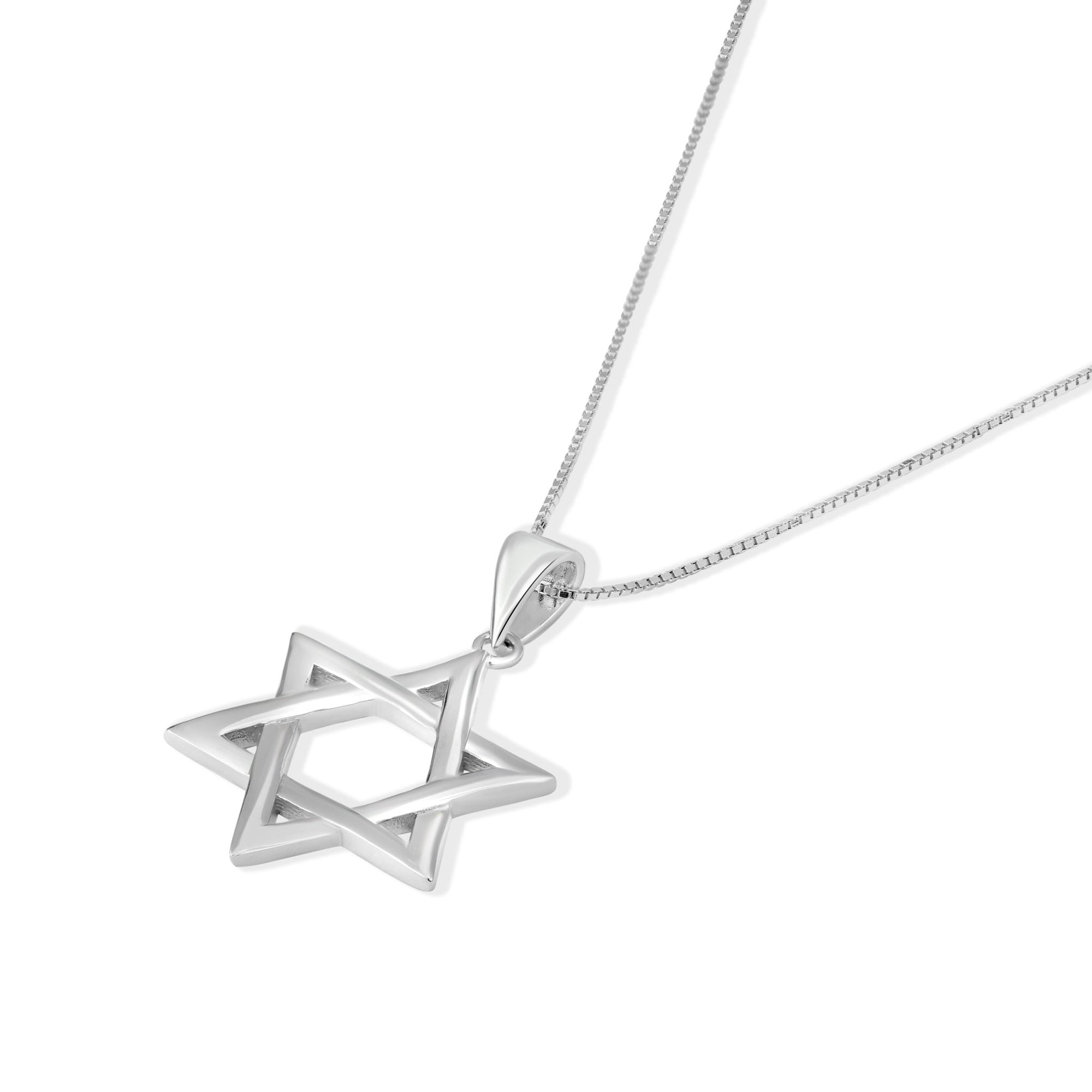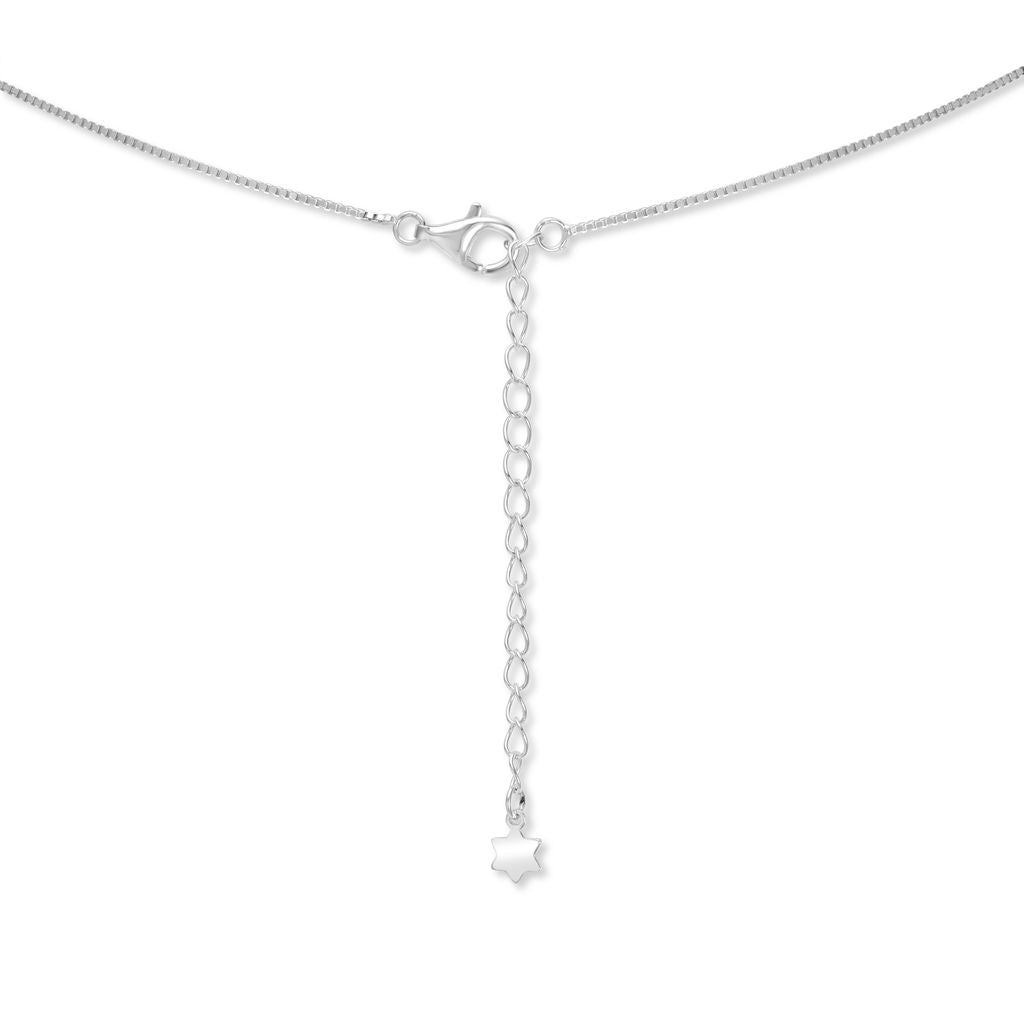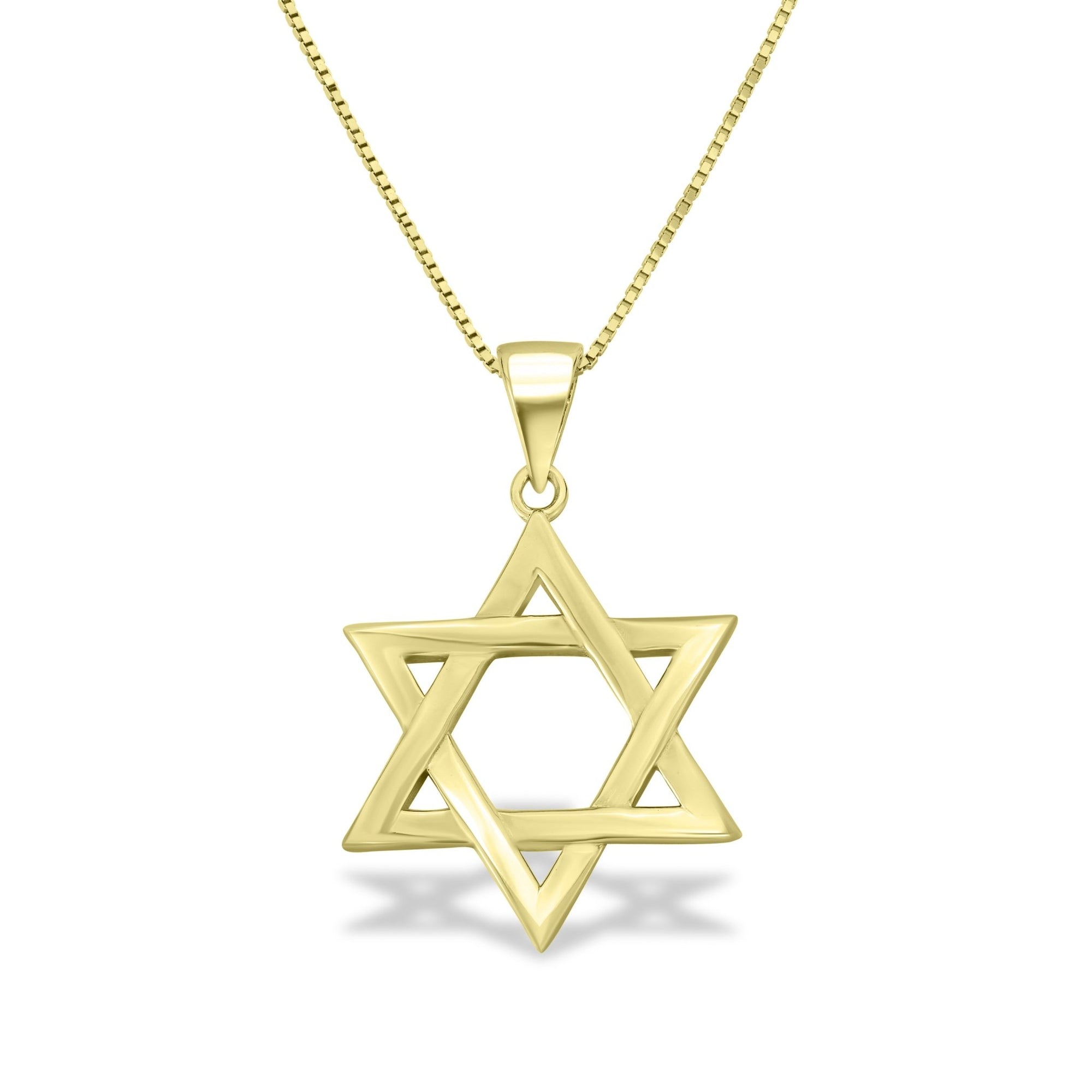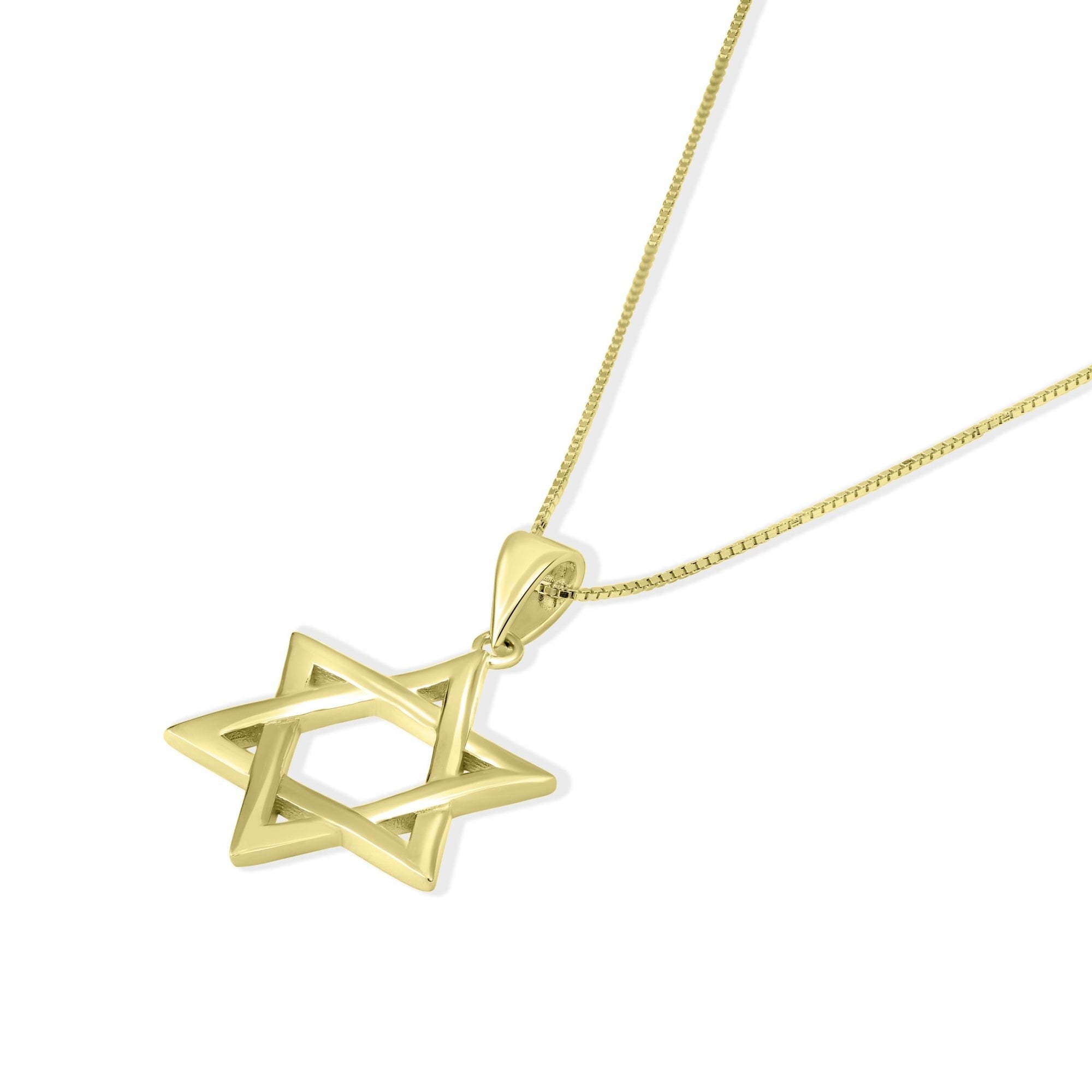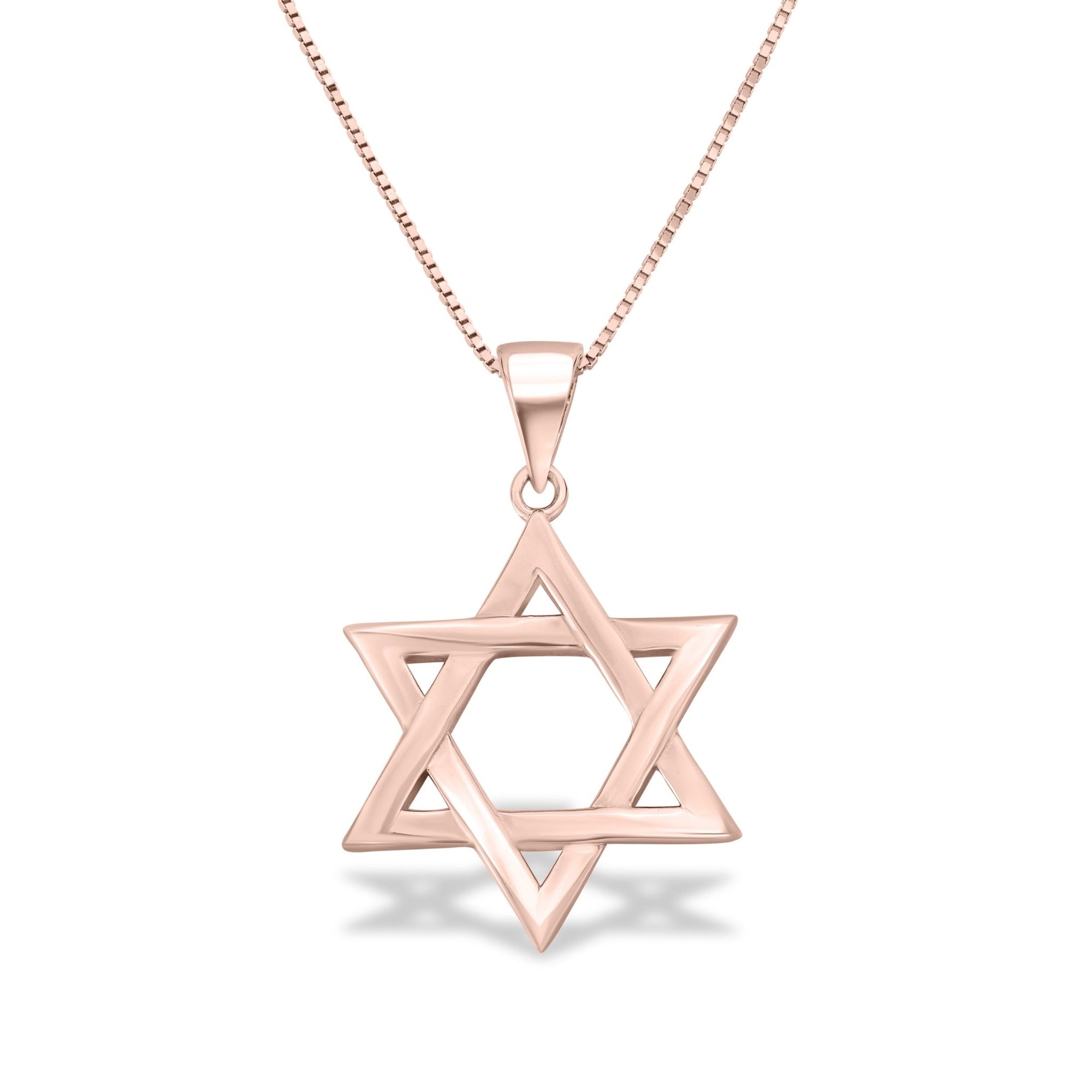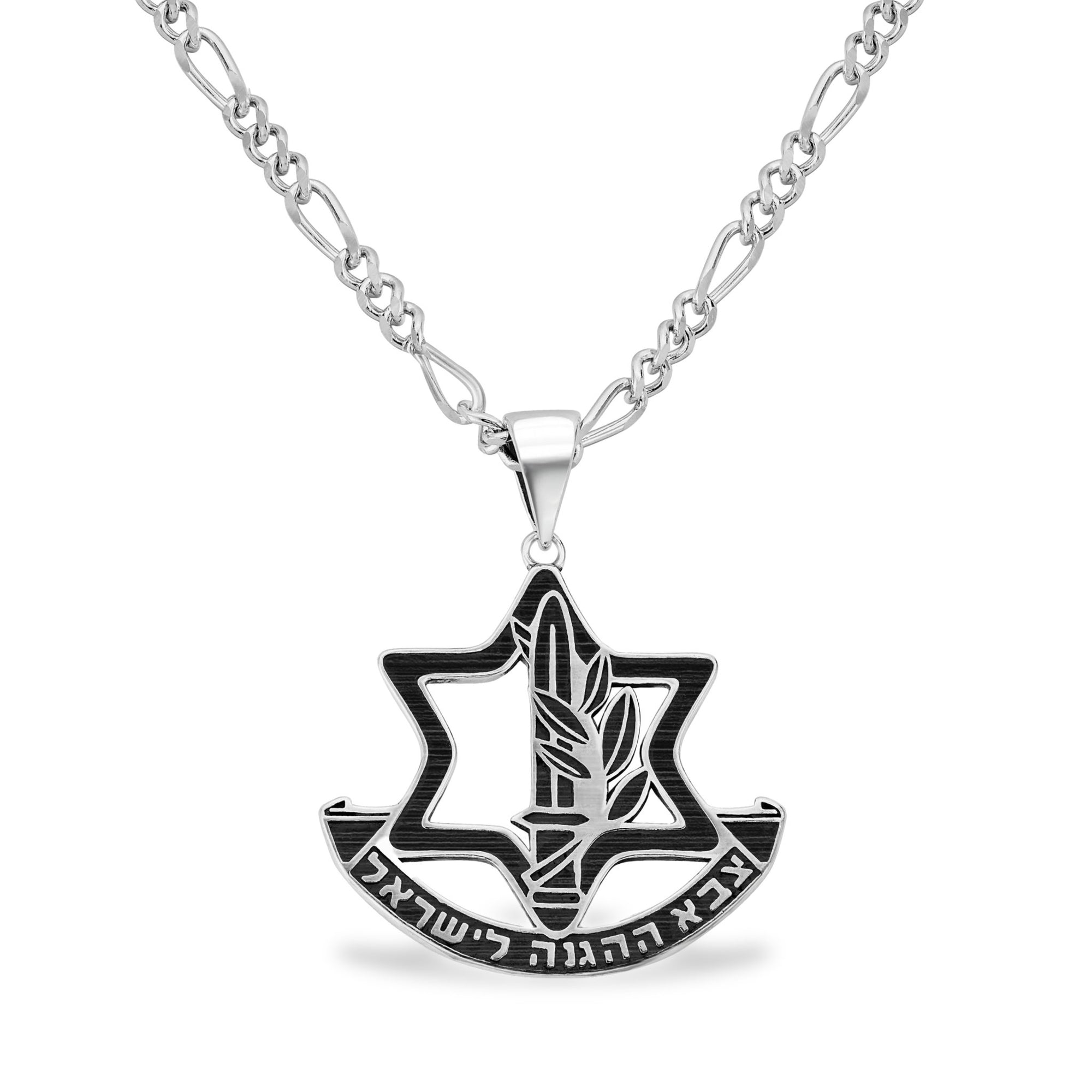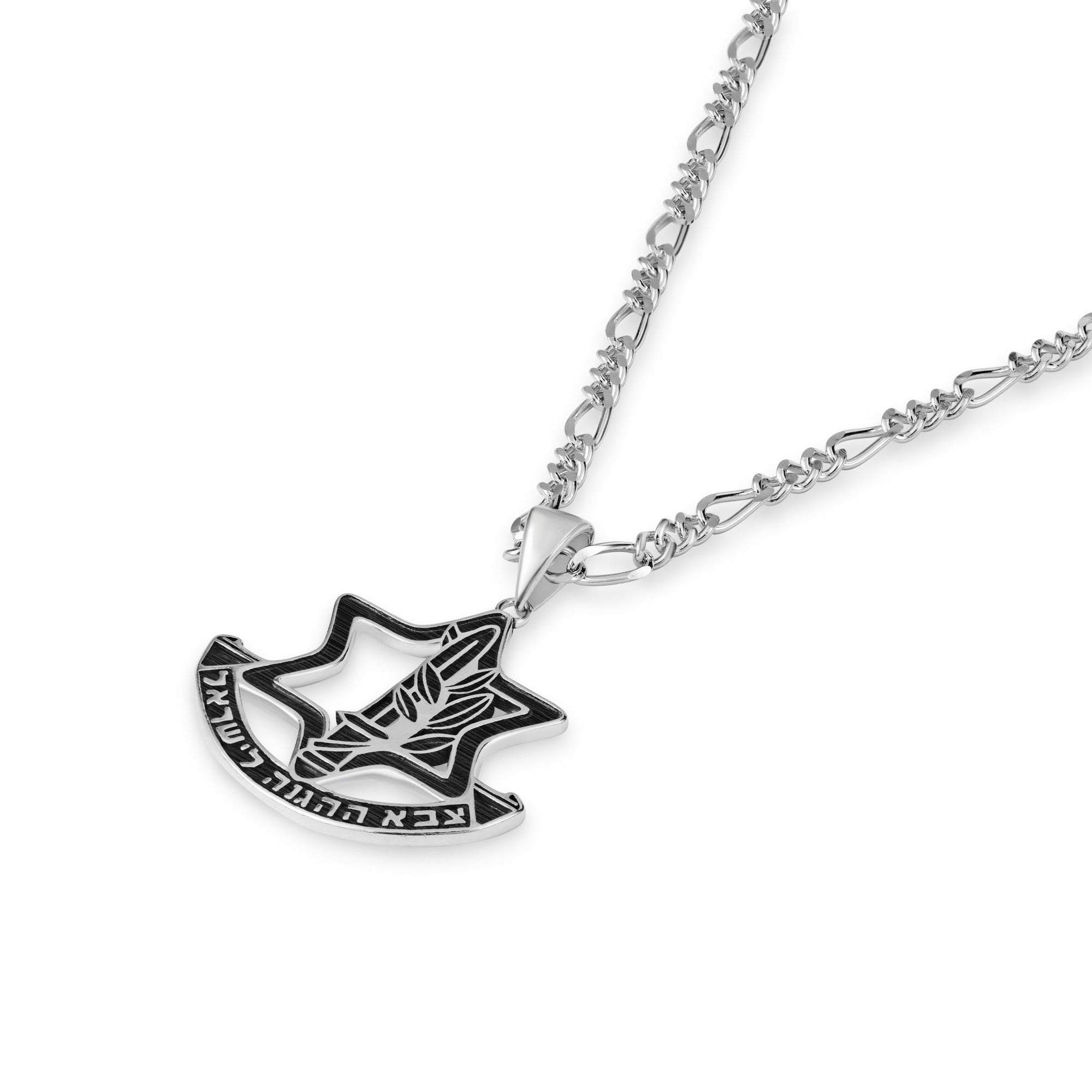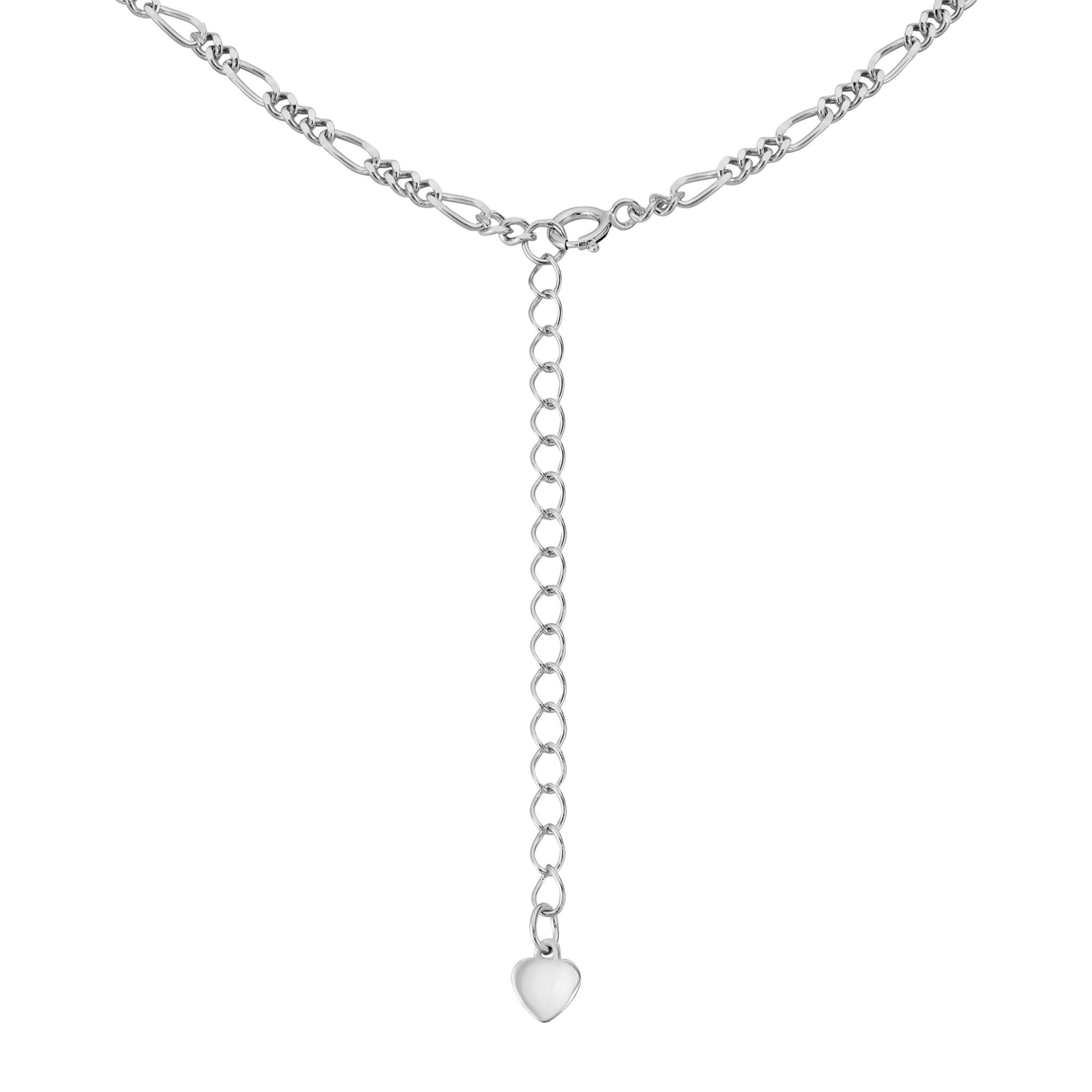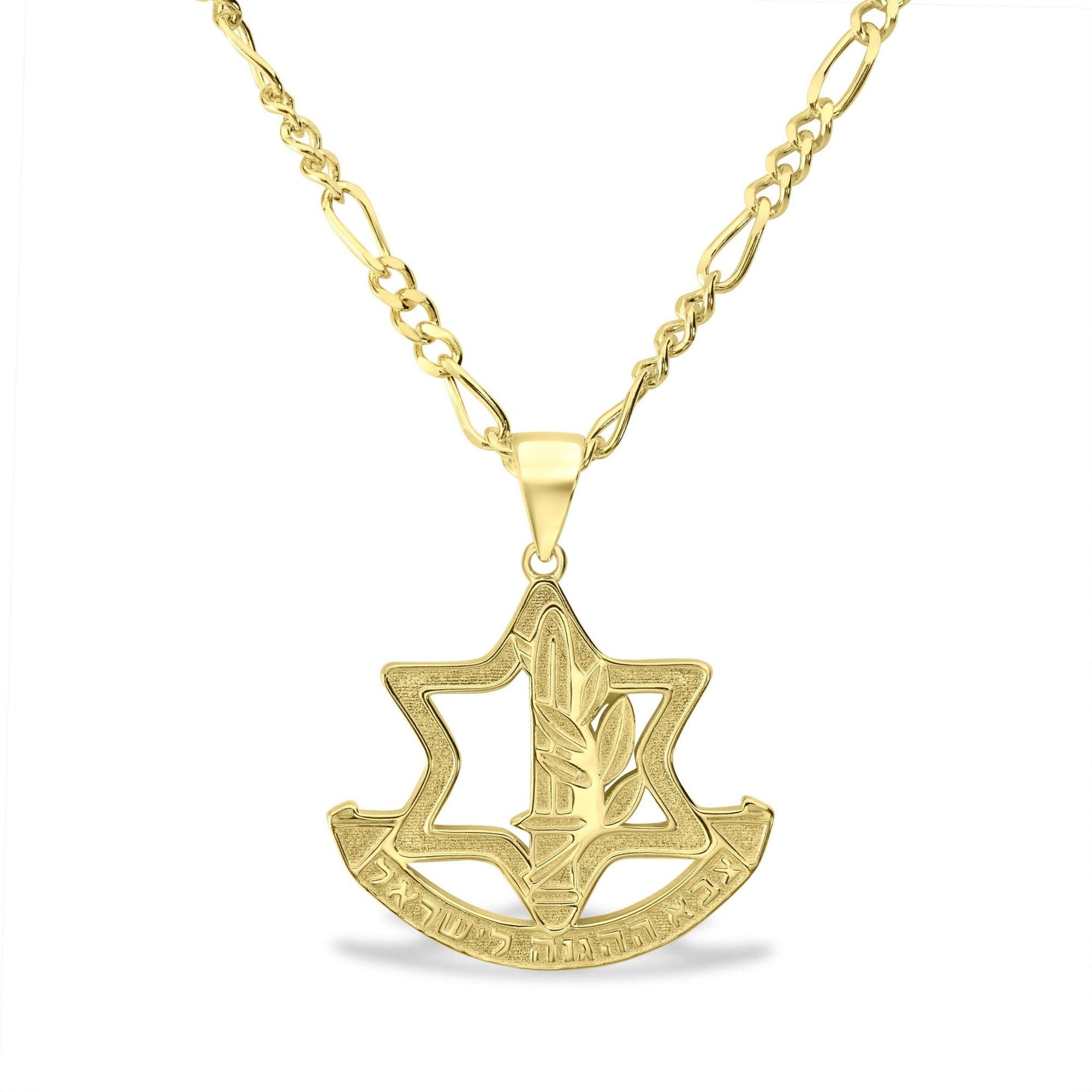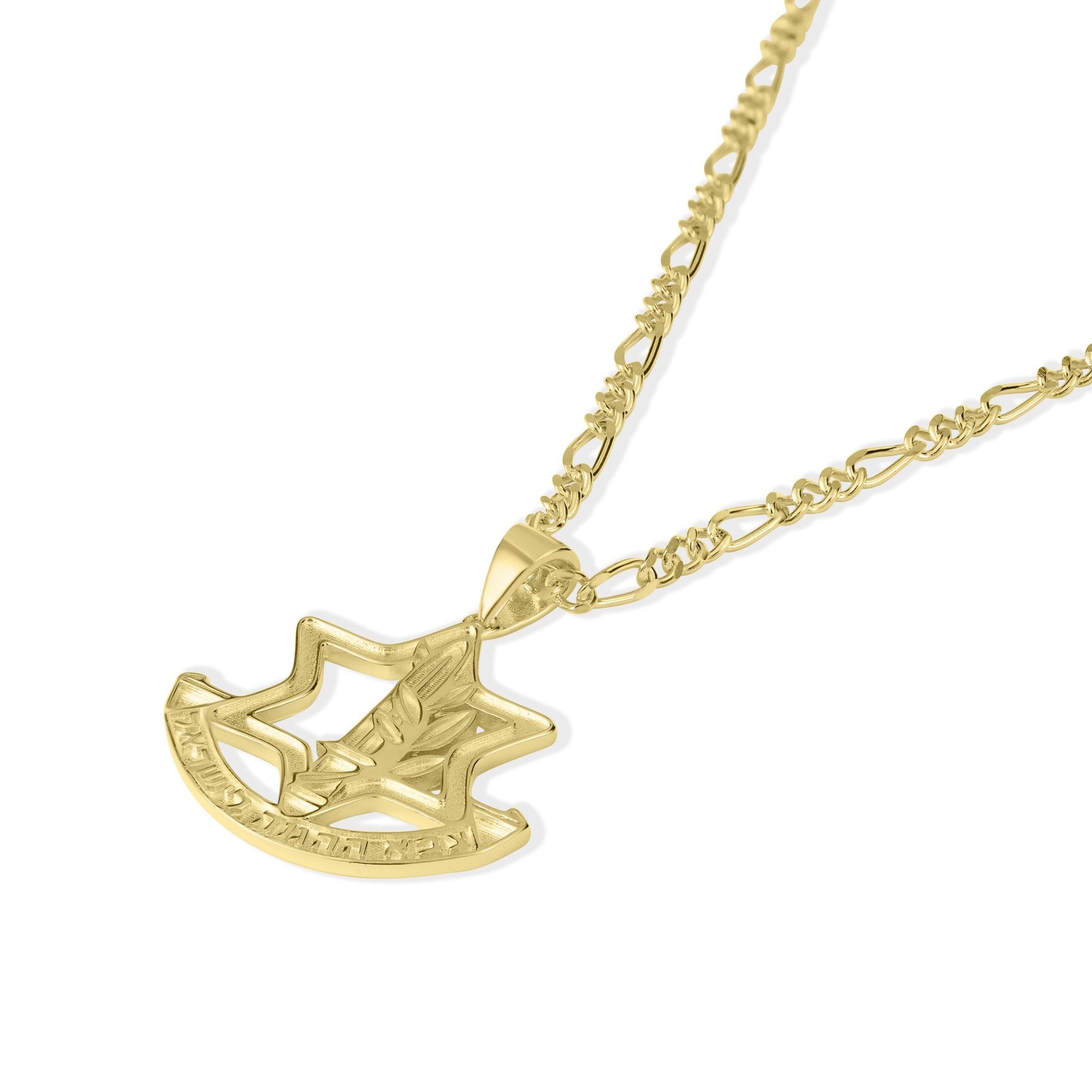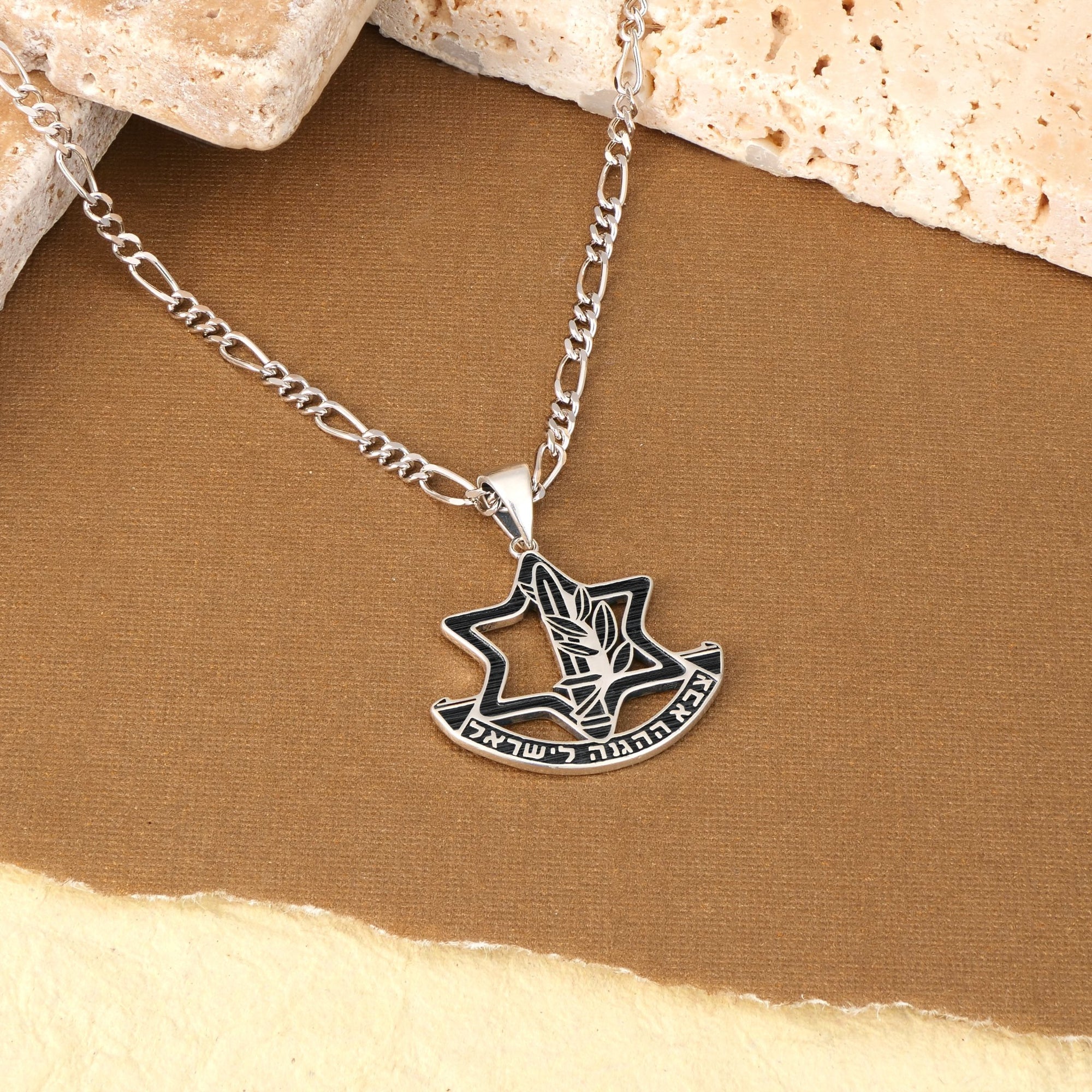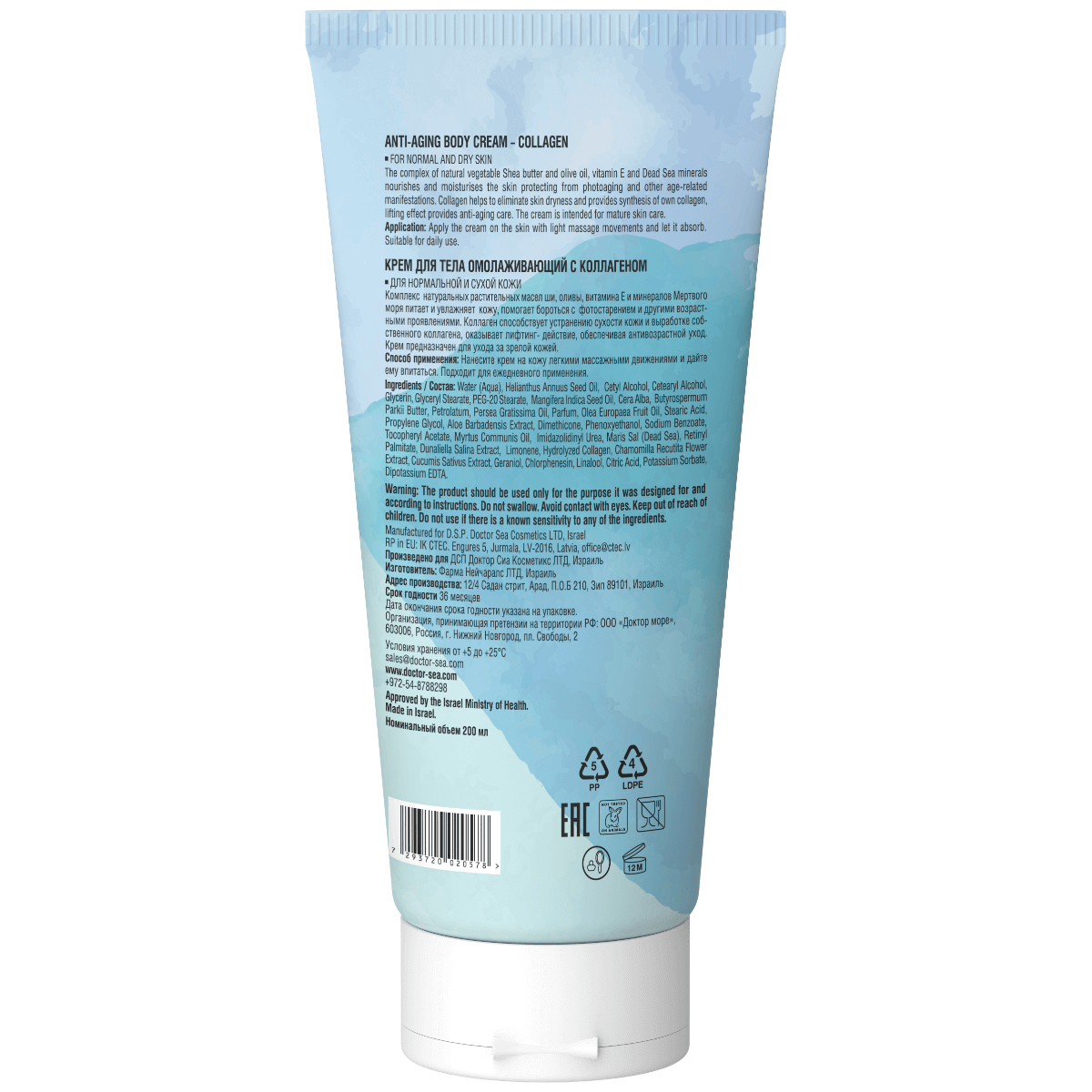Introduction: Beyond Commerce to Community
Israeli merchandise extends far beyond mere products to embody stories of resilience, unity, and cultural preservation. From small family-run businesses in cities like Bnei Brak to innovative social enterprises, the tapestry of Israeli commerce reflects the nation’s diverse communities and their shared commitment to rebuilding and connection. This article explores how various customer stories reveal the transformative role that purchasing Israeli goods plays in fostering community solidarity and supporting vulnerable populations during times of hardship.
Small Businesses as Pillars of Israeli Community Life
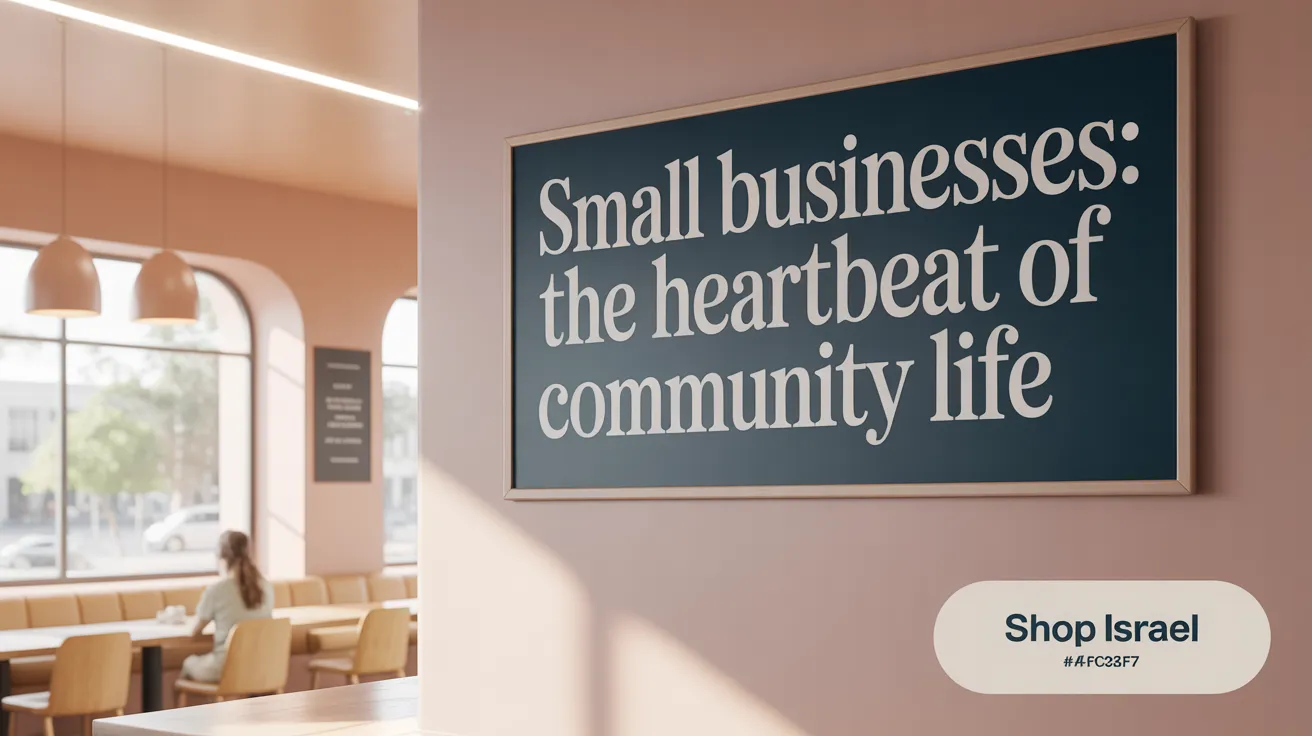
How do small and medium enterprises contribute to Israel's economy and community?
Small and medium enterprises ([SMEs](Small and medium enterprises (SMEs) in Israel)) form the backbone of Israel’s economy. They not only provide essential goods and services but also create strong community connections across diverse populations. For example, the family-run business ['Karl'](Karl family business in Bnei Brak) in Bnei Brak operates multiple stores specializing in men's fashion. Serving both religious and secular customers throughout Israel, ['Karl'](Serving religious and secular clients in Israel represents how SMEs contribute by addressing varied cultural and social needs.
What challenges have Israeli small businesses faced recently, and how have they adapted?
Israeli SMEs have confronted several significant challenges in recent years. Supply chain disruptions, particularly due to halted imports from China, affected product availability and business operations (Supply chain issues in Bnei Brak businesses, Impact of halted imports from China. Moreover, the COVID-19 lockdown forced companies to rethink how they connect with customers.
A Bnei Brak business, ['Home Place'](Home Place business in Bnei Brak, adapted by creating a delivery network during the lockdown, enabling continued service despite restrictions (COVID-19 delivery network setup. Business consultant Omer Hermoni recommends businesses differentiate their advertising strategies to appeal distinctly to local residents and outsiders (Business consultant Omer Hermoni advice, Advertising strategies for local and outsider customers. He also stresses maintaining product quality and implementing strict safety measures, especially during health crises, to retain consumer trust (Product quality importance, Safety measures during health crises.
These examples highlight the resilience and adaptability of Israeli small businesses amid changing economic landscapes, emphasizing their vital role in supporting the country's economy and social fabric.
Social Enterprises and Artisan Platforms Preserving Culture and Providing Support
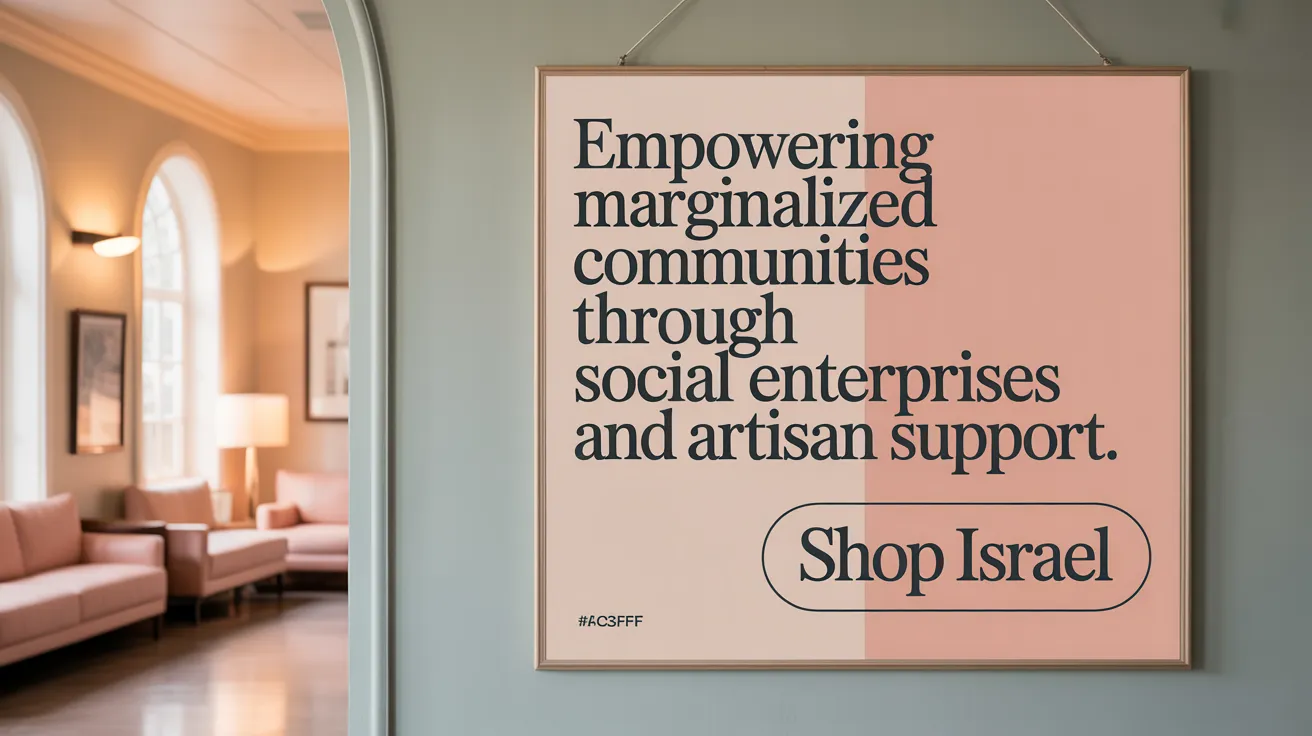
How do social enterprises and artisan platforms support marginalized communities in Israel?
Social enterprises in Israel play a significant role in empowering marginalized groups. For example, Shekel, based in Jerusalem, employs people with disabilities and fosters community integration through its gift shops offering handcrafted artwork. The organization also runs vintage and second-hand stores promoting sustainable recycling and donation practices, reinforcing social inclusion.
Similarly, platforms like Makers of Israel, founded by a group of nine women volunteers, connect Israeli artisans with international customers. This platform highlights female-run studios and aids artists impacted by conflict, helping sustain crafts such as Ronit Malka’s Star of David necklaces symbolizing unity after the Yom Kippur War and Lia Bruce’s salt-based art from Dead Sea residues.
These initiatives not only provide economic support but also bolster resilience in communities facing displacement, grief, and tourism collapses due to ongoing conflicts.
What role do cultural artisan products play in building Israeli community identity?
Artisan products crafted in Israel bear profound cultural significance. Items like handcrafted Star of David jewelry and salt-based menorahs resonate deeply with national history, symbolizing unity and endurance amid adversity.
Such cultural crafts preserve traditional artistic expressions and create tangible symbols of shared values and collective identity. During times of war and recovery, these artisan creations serve as powerful reminders of resilience and solidarity, strengthening communal bonds.
Through these meaningful products, Israeli communities find connection and pride, fostering recovery and cultural continuity.
| Aspect | Examples | Social and Cultural Impact |
|---|---|---|
| Employment & Inclusion | Shekel’s employment of disabled workers | Promotes social integration and community support |
| Sustainable Practices | Shekel’s vintage clothing shops | Encourages environmental responsibility and recycling |
| Artisan Support | Makers of Israel platform | Sustains artisans during crises and globalizes their craft |
| Cultural Symbols | Star of David jewelry, salt art | Embodies unity, resilience, and cultural heritage |
| Community Resilience | Artisans’ response to conflict | Strengthens identity and solidarity during turbulent times |
Community-Driven Fundraising and Support Through Curated Boxes and Merchandise
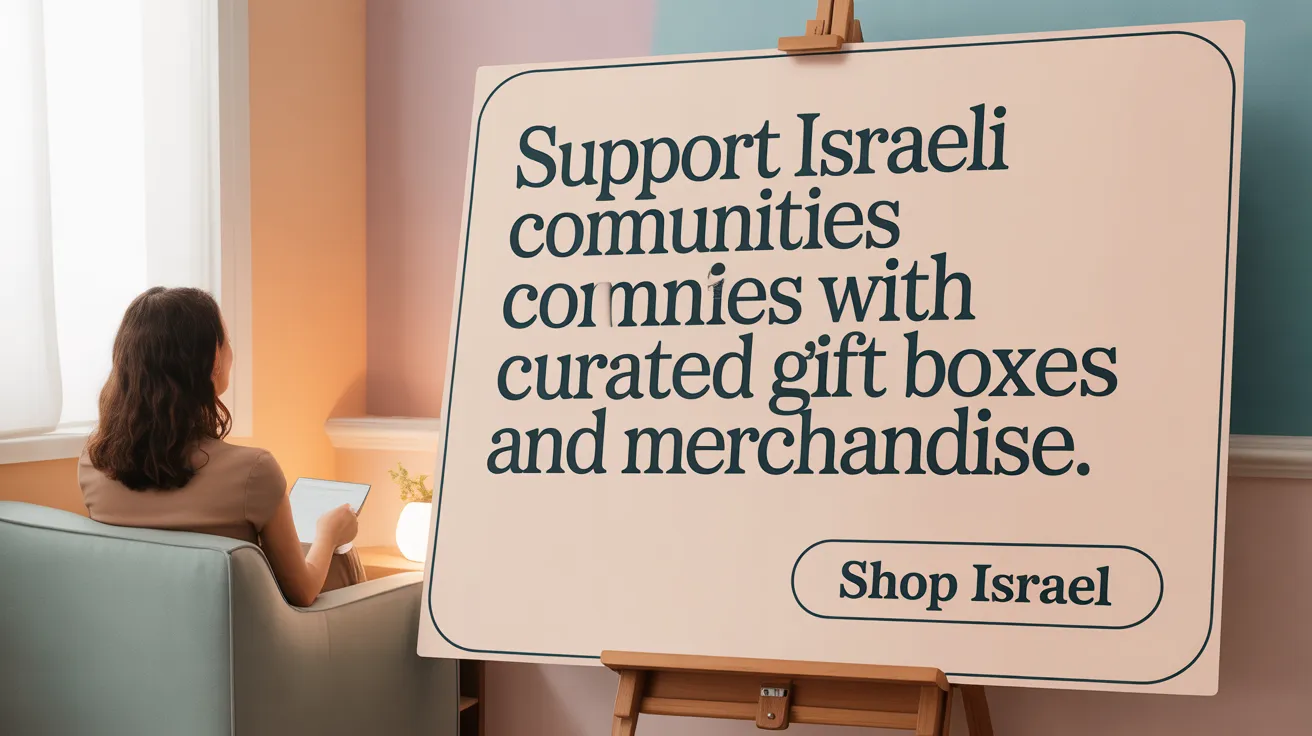
How do curated product boxes aid Israeli communities affected by recent conflicts?
Two notable initiatives, the Israeli Artisan Box and the Israeli Community Box, play vital roles in supporting Israeli communities impacted by ongoing conflicts. The Israeli Artisan Box features handcrafted items from female-run studios across Israel, blending artistry with economic relief. It directly supports children orphaned by recent violence by allocating a portion of proceeds to their care.
The Israeli Community Box collects products from areas severely affected by war, including communities near Gaza and kibbutzim that lost members and infrastructure during attacks. Proceeds assist wounded veterans, displaced families, and trauma recovery programs. Together, both boxes channel 100% of their sales into grassroots efforts dedicated to rebuilding and healing, making each purchase a meaningful act of solidarity.
In what ways do customers globally participate in supporting Israeli communities through merchandise?
Global customers engage through several community-driven strategies. Bulk orders, sponsorships, and community champion programs invite individuals, organizations, and groups to purchase or gift these boxes, thus spreading support widely. These initiatives foster a sense of collective action and connection, turning merchandise buying into a vehicle for tangible help.
Customers can organize group purchases or use the boxes as gifts to raise awareness and fund recovery efforts, amplifying their impact beyond the individual level. This framework invites ongoing participation, making the support for Israeli communities an extended, communal effort rather than a one-time transaction.
Building Solidarity and Awareness Through Symbolic Merchandise and Swag
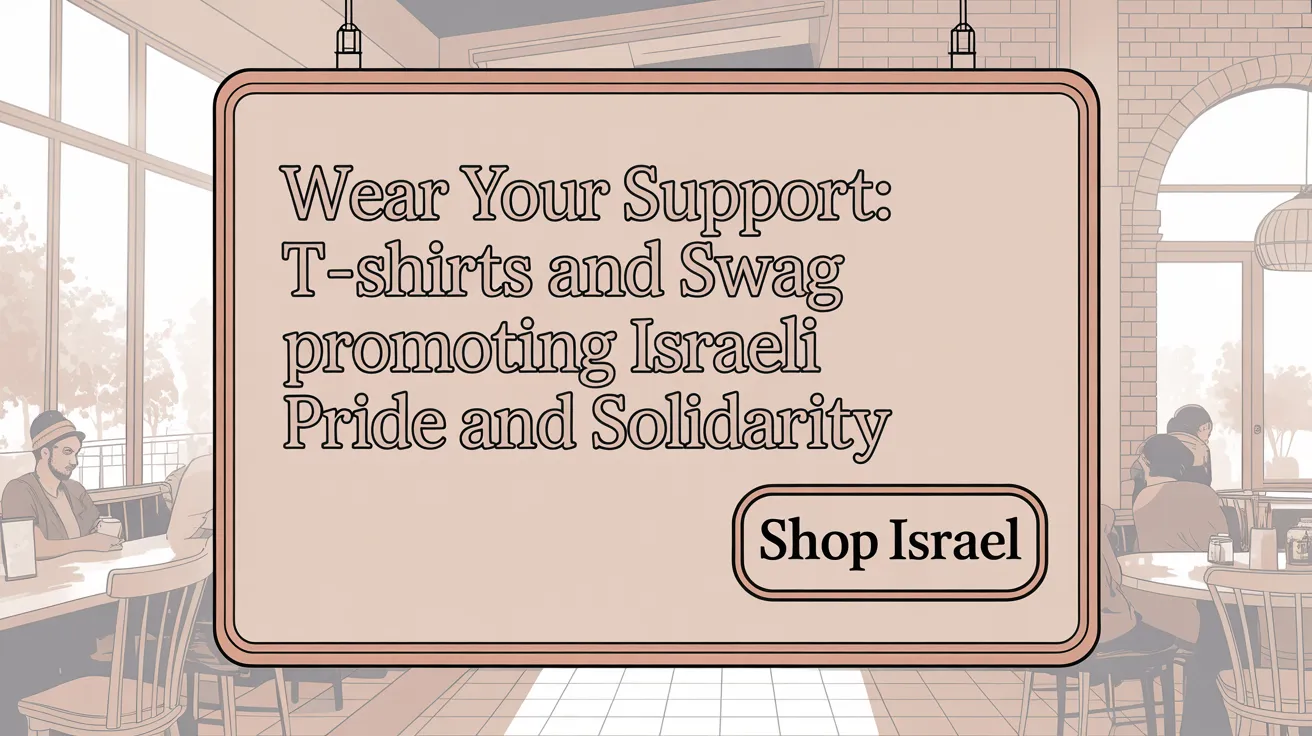
How do Support Israel T-shirts and similar merchandise contribute to community and awareness?
Support Israel T-shirts serve as powerful symbols of alliance and pride in Israel's right to exist peacefully. Wearing these T-shirts creates a visible sign of belonging and shared values among supporters from various backgrounds. They often feature slogans or emblems related to the Israeli Defense Forces, innovation, or heritage, making them tools for spreading awareness. Learn more about the impact of Support Israel T-shirts.
These garments open opportunities for conversation, allowing wearers to discuss Israel's history, culture, and ongoing challenges. By combating misinformation and promoting nuanced perspectives, the T-shirts foster educational outreach and solidarity in diverse communities.
What is the significance of products from businesses like Let's Bench in Israeli and Jewish communities?
Let's Bench produces personalized Jewish print products such as siddurim, benchers, and event swag, enhancing cultural expression and connection. Their merchandise resonates deeply within Jewish communities in Israel and abroad, offering tangible means to display identity and collective resilience. Find out more about Let's Bench Israeli Jewish print products.
Operating through collaborations with Israeli suppliers—including small local printers that employ Jewish and Arab workers—Let's Bench supports the livelihood of people affected by military service and social disruptions. The company also creates apparel pertinent to current social movements, like high school protests and mission work in affected areas, nurturing community bonds and mutual support.
Educational and cultural connections fostered by apparel and swag
Symbolic apparel and swag like those from Support Israel initiatives and Let's Bench do more than just build community pride. They educate wearers and observers about Israel’s diverse cultural heritage and historical complexities.
By embedding symbols and narratives of unity, resilience, and innovation, these products invite ongoing learning and dialogue. They empower individuals to express solidarity creatively while sustaining Israeli artisans and enterprises, reinforcing connections that span local and global Jewish communities.
Community Ownership and Sustainability: Secondhand Stores and Local Initiatives
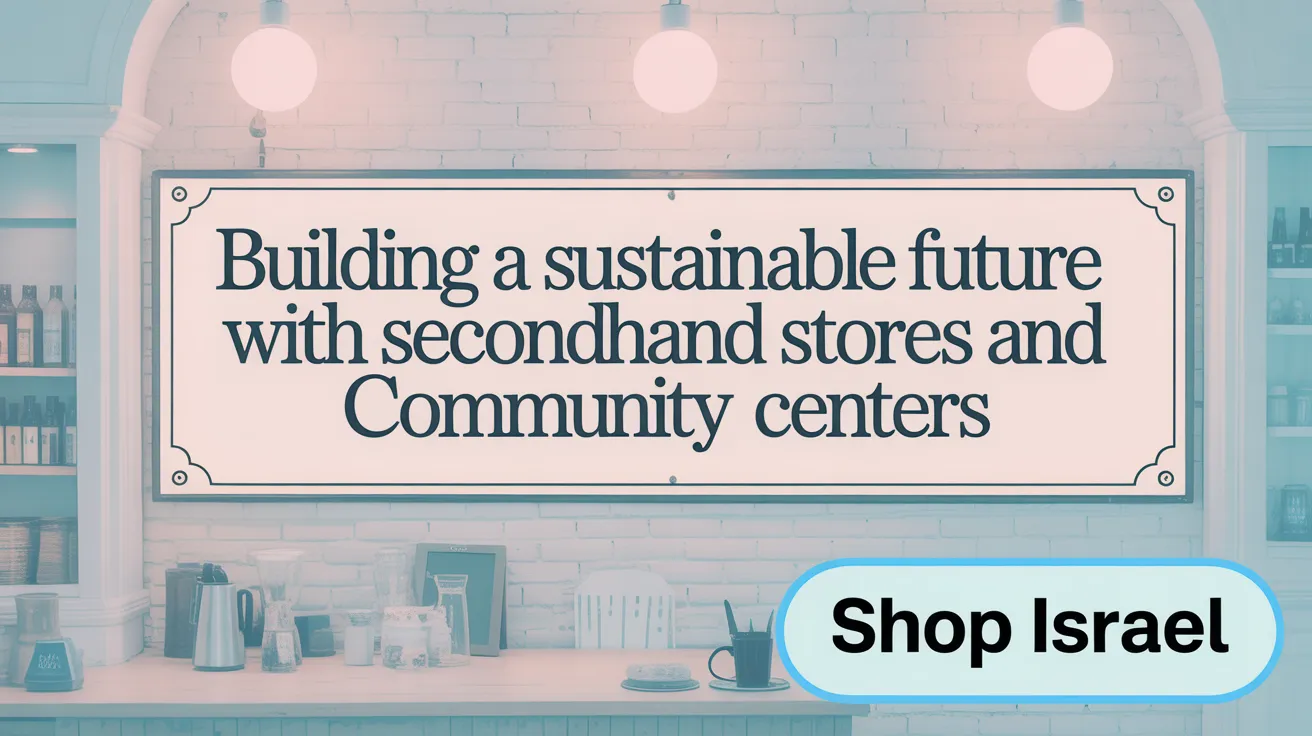
How do secondhand and social stores in Israel contribute to community well-being and sustainability?
Community well-being and sustainability are strongly supported by secondhand and social stores in Israel. WIZO, the Women’s International Zionist Organization, operates the country's largest chain of secondhand clothing stores with 45 locations nationwide. These shops are staffed by 900 volunteers who provide affordable clothing, making apparel accessible to marginalized groups including older adults. The initiative promotes environmental sustainability by reusing garments and reducing waste.
Similarly, Maslan social store in the Negev region reinforces these goals by offering designer and vintage clothing donations. Run by volunteers, the store uses profits to assist victims of sexual and domestic violence, marrying community support with economic aid for vulnerable populations.
What role do community centers like Lev Chash play in Israeli society?
Community centers like Lev Chash in Haifa play a vital role by offering essential goods such as furniture, appliances, and clothing at nominal prices. Operated by volunteers, the center enables vulnerable individuals—including patients, elderly persons, and families in need—to furnish their homes with dignity. It operates several days weekly and relies on generosity from the community to collect and distribute donated items.
Beyond basic material needs, Lev Chash integrates social services such as food distribution and dental clinics, fostering broader community solidarity. Centers like this emphasize volunteer-driven engagement, reinforcing a culture of collective responsibility and mutual support.
Together, these social stores and community centers exemplify sustainability in Israeli society. They harness volunteer efforts, promote reuse and recycling, and address social challenges by providing affordable goods while supporting vulnerable groups. The model champions shared ownership and long-term commitment within local communities.
Conclusion: Merchandise as a Medium of Community Connection
Israeli merchandise, spanning from artisanal crafts to symbolic apparel and socially conscious retail, does more than fulfill consumer needs — it weaves together the fabric of communities fractured by conflict, economic challenges, and social hardships. Customer stories reveal that buying Israeli products is an act of participation in cultural preservation, resilience, and solidarity. Whether through supporting local artisans, engaging in community-driven fundraising, or wearing symbols of unity, merchandise offers a powerful channel by which individuals and communities both within Israel and across the globe build enduring bonds and foster hope amid adversity.



